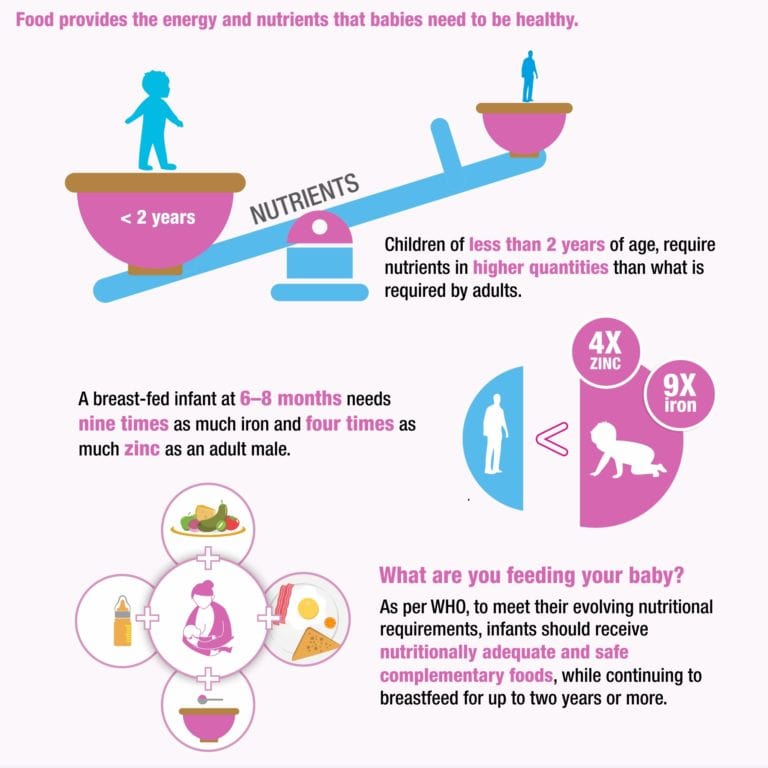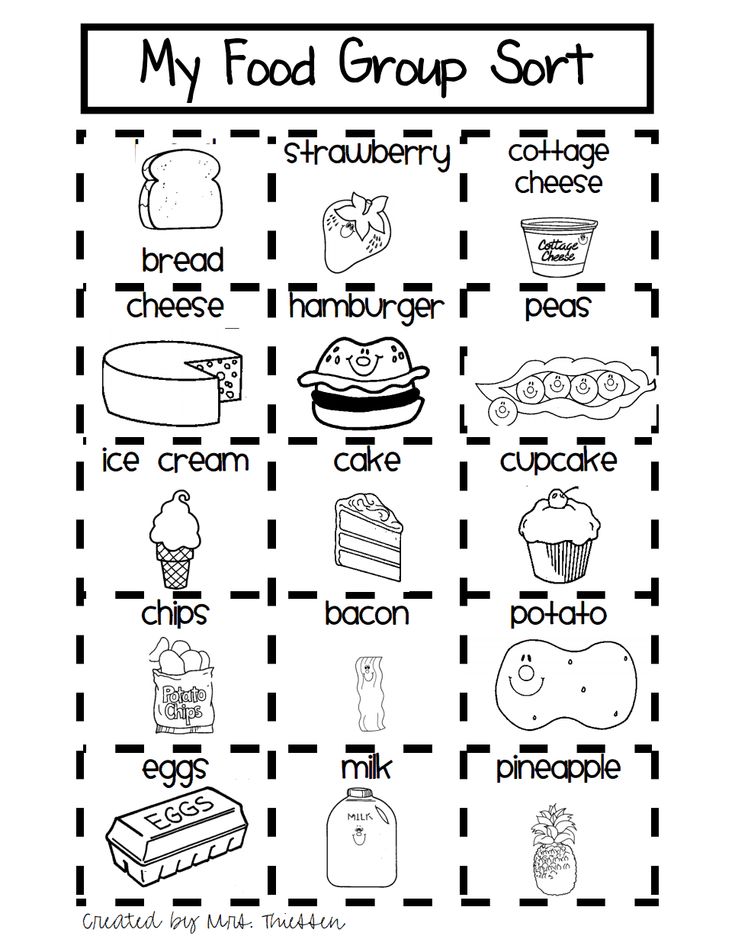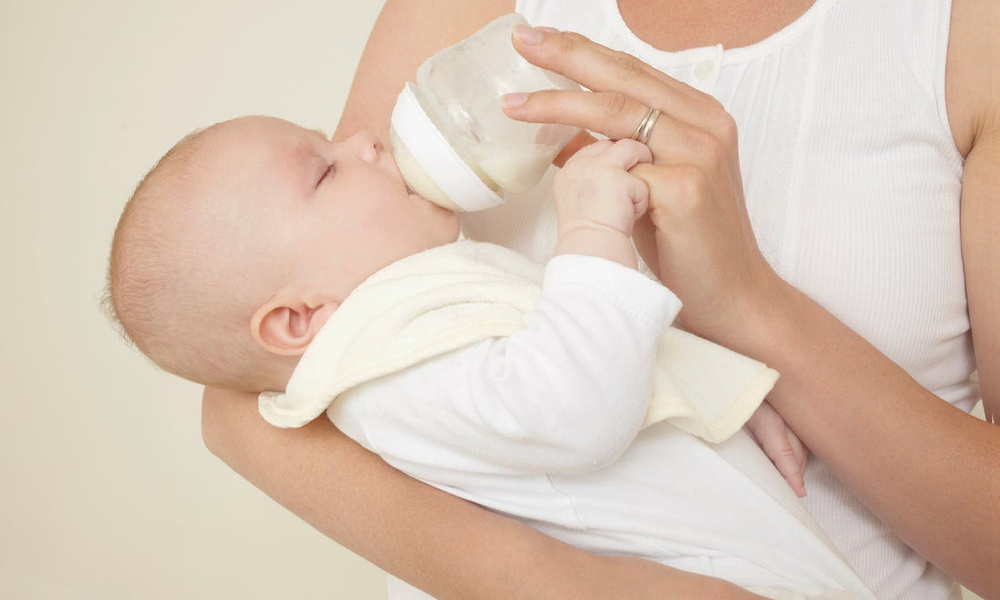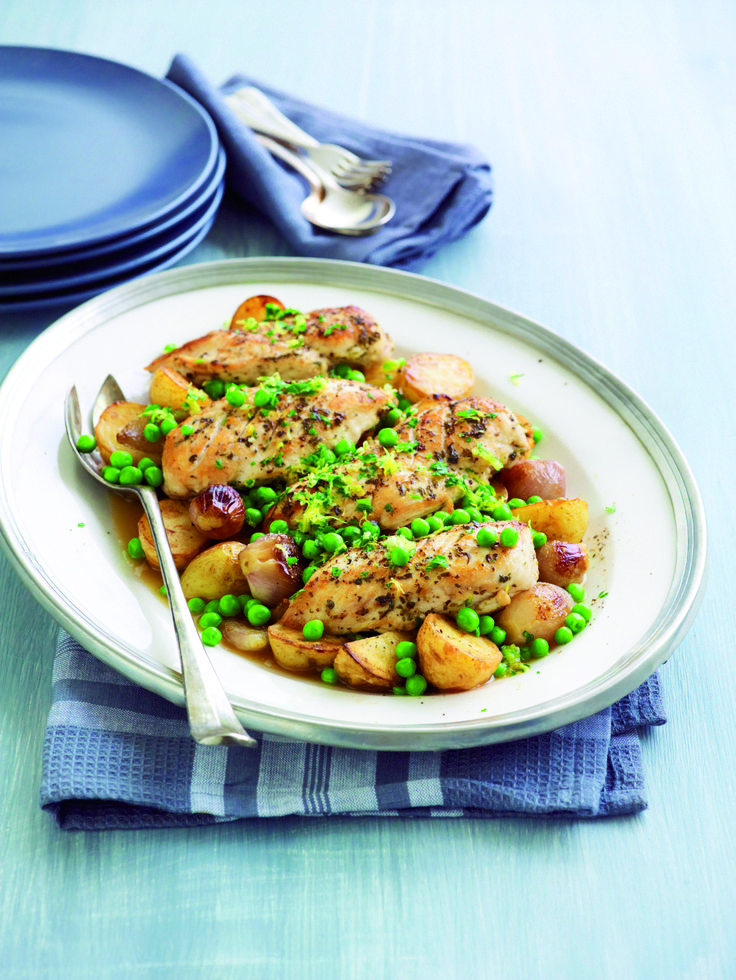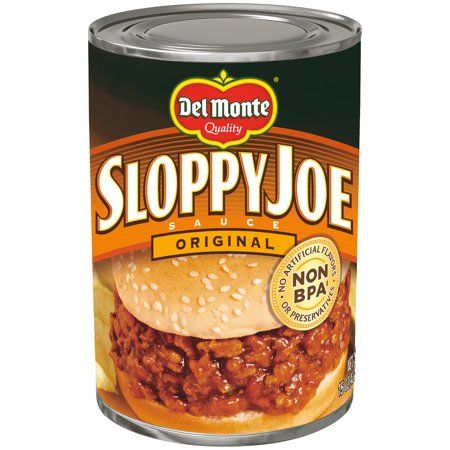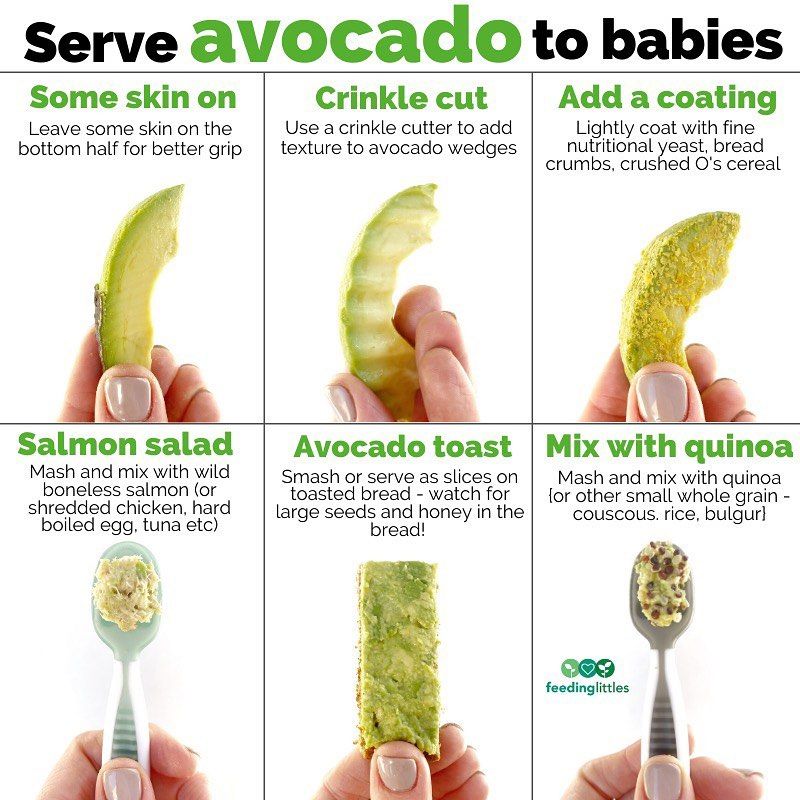Most nutritious baby foods
Baby's first foods: The 10 best foods for babies
These 10 first foods are ideal for your baby because they're full of essential nutrients, reasonably priced, easy to prepare, and delicious. Avocados contain healthy fats, while bananas are loaded with potassium. Blueberries are bursting with antioxidants, whereas broccoli offers fiber and folate. Both lentils and meat are packed with protein. Prunes can help with constipation, and yogurt helps form healthy bones and teeth. Sweet potatoes and winter squash are great sources of beta-carotene and vitamin C.
According to the American Academy of Pediatrics, it's important to offer your baby a variety of healthy foods. There are lots of healthy, baby-friendly foods out there, but these 10 recommended by doctors and dietitians alike stand out from the pack. From vitamin-rich fruits and veggies to meats and beans loaded with protein, these superfoods are full of essential nutrients, reasonably priced, easy to prepare, and delicious.
Many are also favorite first foods. Before introducing solids, talk to the doctor about your baby's readiness for solids, and which foods to introduce and when. Then introduce foods one at a time, waiting at least three days after each new food to watch for any allergic reaction.
Avocados
BabyCenter parents are all about avocado as a first food. This buttery fruit-vegetable is rich in healthy unsaturated fats that help boost brain development. In fact, the fat composition of avocados is somewhat similar to that of breast milk.
Serving ideas: Mash avocado with a fork, or make baby guacamole.
Bananas
Known as a good source of potassium, this grab-and-go fruit also contains vitamins B6 and C, fiber, and magnesium.
Serving ideas: Make banana and mango puree. Or, for your little one's first smoothie, puree banana and peach chunks with whole-milk yogurt.
Blueberries
Blueberries are bursting with antioxidants. The deep, brilliant blue of these berries comes from flavonoids that benefit your baby's eyes, brain, and even urinary tract.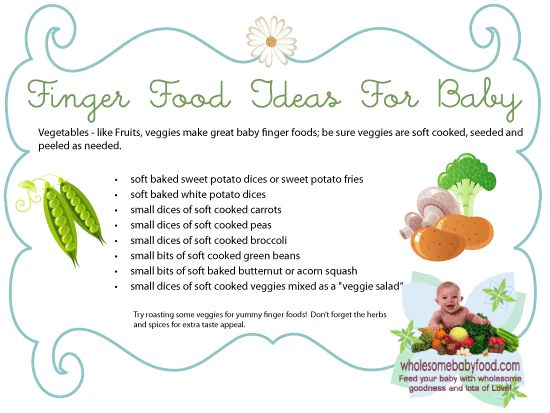
Serving ideas: Blend or mash blueberries well and swirl a spoonful of the juicy purple puree into yogurt, or top silky coconut milk rice pudding with blueberry compote.
Broccoli
This cruciferous vegetable is a rich source of essential nutrients, including fiber, folate, and calcium. Introduce your baby to broccoli's bold flavor early, and you'll be expanding their tastes and encouraging a lifelong love of green vegetables.
Advertisement | page continues below
Serving idea: Steam until soft, cut into pieces small enough for your child to eat safely, and then chill. Steaming takes the bite out of broccoli, and some babies prefer the texture and taste when it's cold.
Lentils
Beans and other legumes pack lots of lean protein and fiber. But unlike larger beans, little lentils simmer into a pleasing mush just right for baby bites. They're also one of the cheapest healthy foods you can buy.
Serving ideas: Cook finely diced carrots along with the lentils.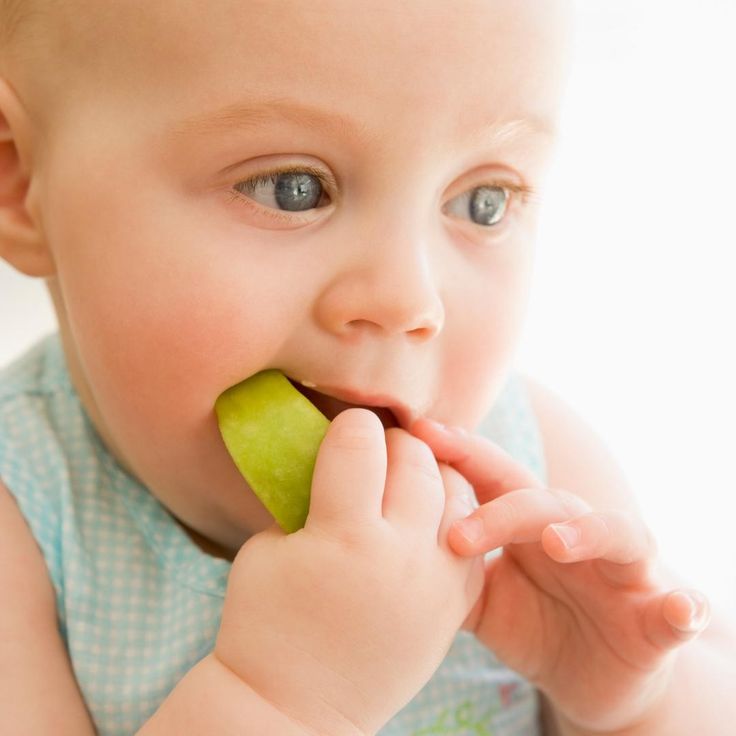 As your baby gets older, double up on nutrient-rich foods by making lentil and spinach stew.
As your baby gets older, double up on nutrient-rich foods by making lentil and spinach stew.
Meat
Lack of iron can cause anemia. The American Academy of Pediatrics recommends meat as a first food because it's such a great source of protein, zinc, and iron, especially red meat and dark poultry meat. Plus, babies absorb iron more easily from meat than from iron-fortified cereals, another common first food.
Serving ideas: If your baby is new to solids, try our easy turkey or chicken puree recipe. As they get older, introduce new flavors with chicken curry with green beans and zucchini or shepherd's pie.
Prunes
Whether you call them "prunes" or "dried plums," these humble fruits don't sound glamorous – but they're soft, sweet, and full of fiber. Your baby may suffer from constipation when switching to solids, as it's a big change for their system. Add pureed prunes to your baby's diet to aid digestion and keep things moving.
Serving ideas: Serve pureed prunes alone or mixed with other foods, such as oatmeal, cereal, or applesauce, for a naturally sweet treat.
Sweet potatoes
Sweet potatoes are one of the more popular first foods for babies, who tend to like both their sweetness and texture. These colorful root vegetables are packed with beta-carotene, vitamin C, and minerals, including iron and copper.
Serving ideas: Serve sweet potato puree alone or swirled into pureed chicken or turkey.
Winter squash
Orange- or yellow-fleshed hard winter squashes such as butternut, acorn, and pumpkin boast many benefits, one of which is they're exceptionally rich in beta-carotene, recognized for being great for eyes. Squash is also an excellent source of vitamin C. Natural sweetness and a creamy texture add to the appeal of winter varieties.
Serving ideas: Roast a winter squash like butternut, scoop out the flesh, and puree it for an easy first food. As your baby gets older, introduce new flavors and textures with dishes like smashed chickpea and butternut chili.
Yogurt
Creamy yogurt is rich in calcium and vitamin D, necessary for healthy bones and teeth.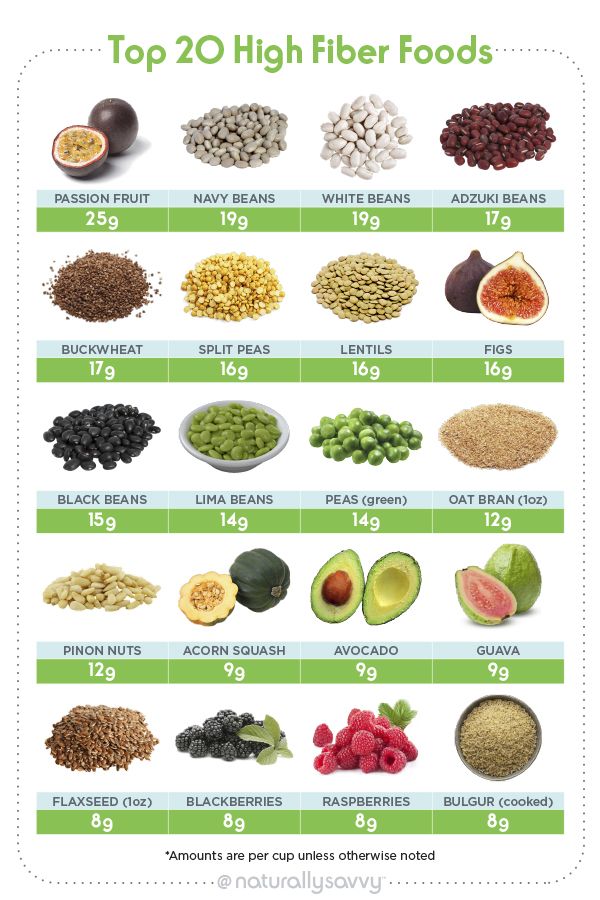 Your baby can have it at 4 to 6 months, long before they'll be ready for cow's milk.
Your baby can have it at 4 to 6 months, long before they'll be ready for cow's milk.
Opt for plain yogurt with no added sugar. Also look for a brand with the most live cultures, which help regulate the good bacteria in your baby's digestive tract. Make sure you pick up whole-milk yogurt – babies need the calories from fat.
Serving ideas: Yogurt is fine on its own, or swirl in pureed berries or other fresh fruit, applesauce, or mashed avocado.
Was this article helpful?
Yes
No
Jars, Pouches, Organic, and More
We include products we think are useful for our readers. If you buy through links on this page, we may earn a small commission Here’s our process.
Healthline only shows you brands and products that we stand behind.
Our team thoroughly researches and evaluates the recommendations we make on our site. To establish that the product manufacturers addressed safety and efficacy standards, we:
- Evaluate ingredients and composition: Do they have the potential to cause harm?
- Fact-check all health claims: Do they align with the current body of scientific evidence?
- Assess the brand: Does it operate with integrity and adhere to industry best practices?
We do the research so you can find trusted products for your health and wellness.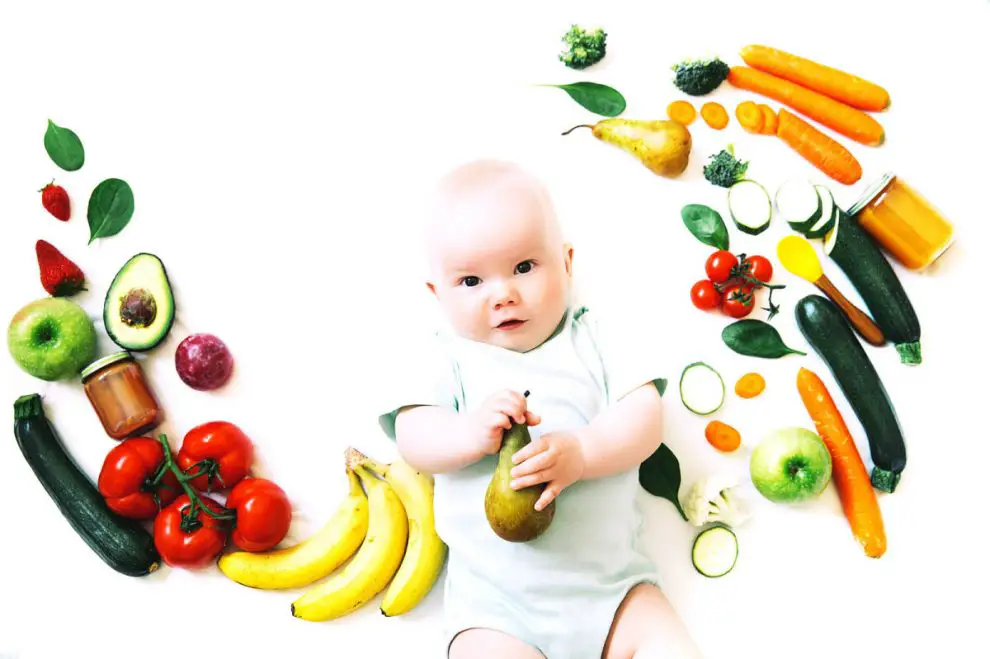
After months of breastfeeding or bottle-feeding, it can be surprising to realize that your still-tiny baby is actually ready for “real” food. This exciting (albeit messy!) transition may be a little bittersweet and can feel overwhelming, especially considering the numerous baby food options available in 2022.
We’ve rounded up some of this year’s best baby foods to help you get started on the right foot — er, spoon.
Both the World Health Organization and the American Academy of Pediatrics (AAP) recommend exclusively breastfeeding babies for the first 6 months of life. Formula-fed infants are ready to start solid foods when they start showing signs that they’re ready.
In some cases, you may start solids around 4 or 5 months, but it’s best to discuss this with your pediatrician. If your doctor doesn’t have a different recommendation, most babies are ready to start soft or pureed foods by the time they’re about 6 months old.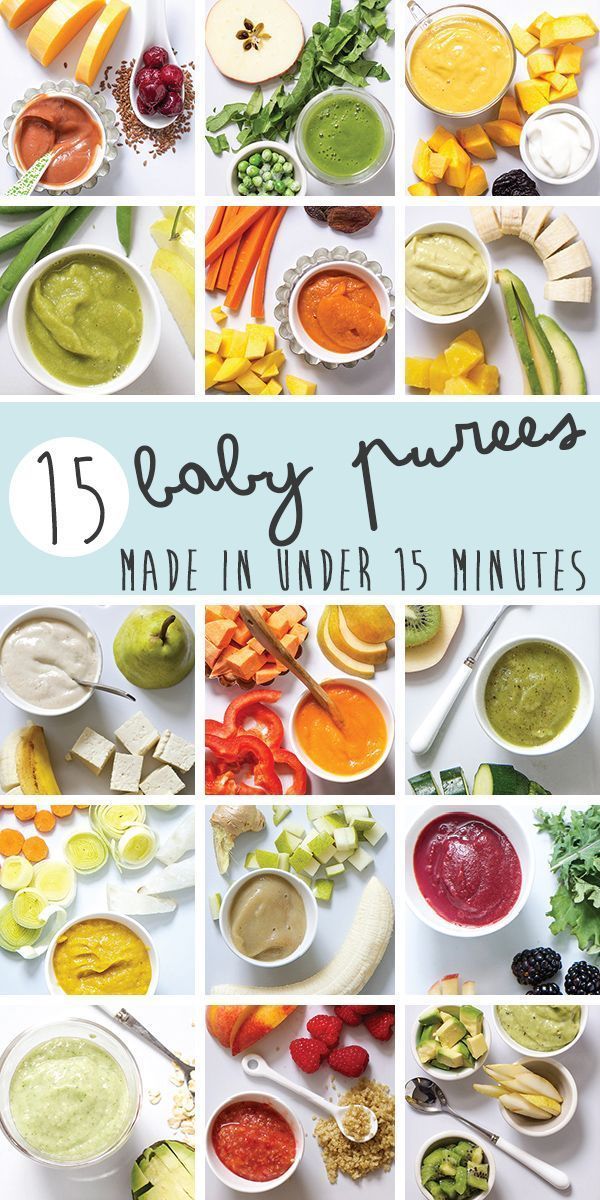
If you’re picking commercially prepared baby food (versus making your own), it’s wise to start with simple, one-ingredient baby food. Most commercial baby food is labeled stage 1, 2, or 3 based on the texture and number of ingredients.
For instance, stage 1 baby food has the smoothest texture and typically has one ingredient, such as pureed pears. So, for your 4- to 6-month-old, you’ll want to start with stage 1 baby food.
Starting with one food at a time helps you monitor for any adverse reactions or food allergies. The American Academy of Allergy, Asthma & Immunology recommends monitoring each food for 3 to 5 days.
There isn’t really a perfect first food — the choice is yours! Some good foods to start: infant cereal (preferably oat or whole grain), meat purees such as chicken or turkey, or single-ingredient purees of fruits or veggies.
If you’re debating whether to start with fruits or veggies first, the AAP suggests that an infant’s preferences for sweets won’t budge even if veggies are introduced first.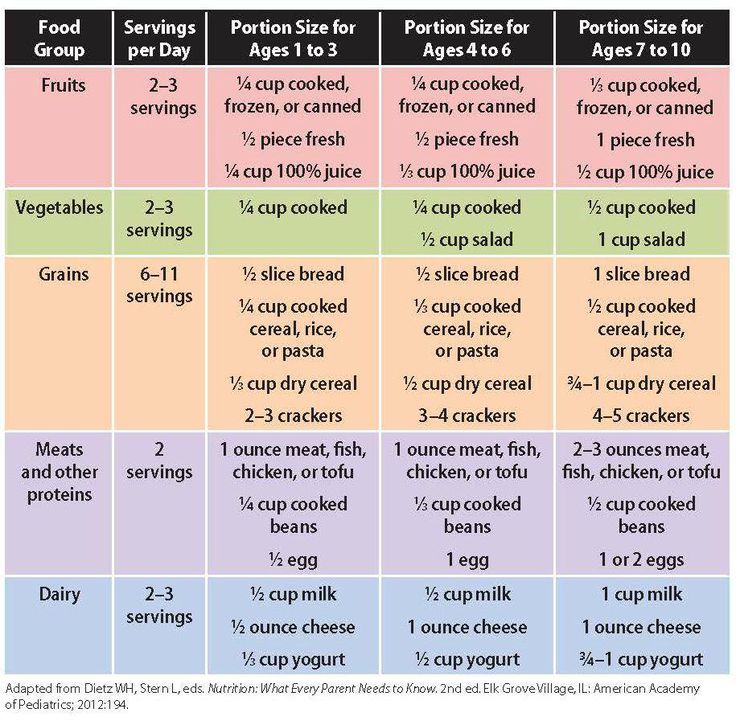 Mashed peas just don’t taste as good once you’ve had applesauce.
Mashed peas just don’t taste as good once you’ve had applesauce.
We chatted with pediatricians, read the research, polled real-life parents, read reviews, and used our own babies as taste testers (although we can’t say their opinions on nutritional value are very authoritative) to bring you some of the top baby food brands available. In addition:
- We looked for foods that are certified USDA organic and have non-GMO verified ingredients.
- We focused on baby food that’s free of added sugar (but have called out one or two products that contain it).
- The baby foods on our list are free of harmful preservatives.
- We called out the brands that market their products as gluten-free and allergen-free.
All products are also vetted by our medical standards team, which evaluates brand integrity and product safety.
Reducing Exposure to Toxic Elements in Baby Foods
Three brands in this article — Gerber, Beech-Nut, and Happy Baby — were mentioned in a February 2021 Congressional Report for products containing significantly high levels of toxic heavy metals, including arsenic, lead, cadmium, and mercury.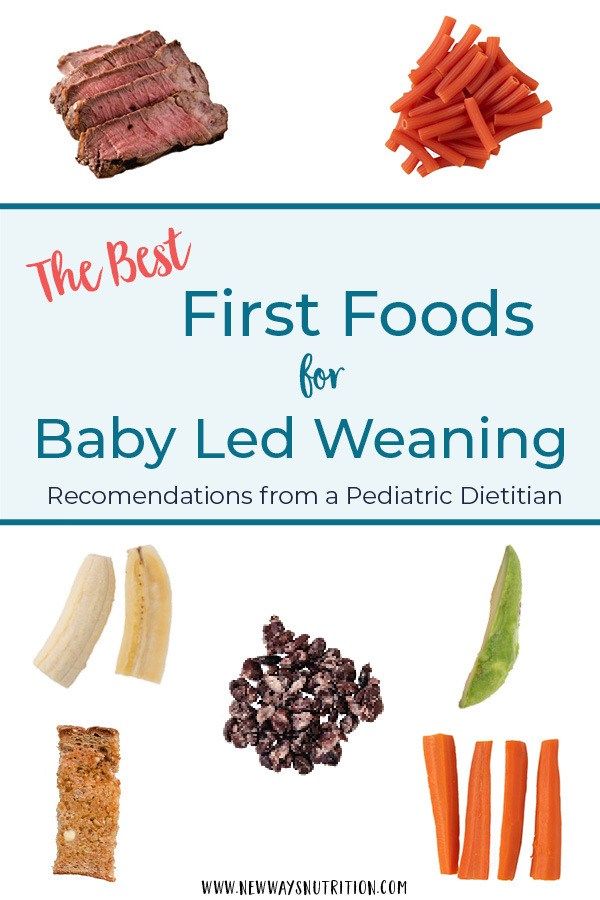 The FDA has since launched the Closer to Zero: Action Plan for Baby Foods to address exposure to toxic elements from eating baby foods.
The FDA has since launched the Closer to Zero: Action Plan for Baby Foods to address exposure to toxic elements from eating baby foods.
- Best overall baby food: Beech-Nut Naturals Stage 1
- Best organic baby food pouches: Plum Organics Stage 1
- Best budget-friendly baby food: Gerber Organic 1st Foods
- Best baby food for constipation: Gerber Natural 1st Foods (Pear)
- Best organic jarred baby food: Happy Baby Organics Clearly Crafted Stage 1
- Best personalized subscription service: Cerebelly
- Best fresh baby food: Once Upon a Farm Cold-Pressed Organic Baby Food
- Best first baby cereal: Gerber Organic 1st Foods Single Grain Cereal
- Best, most interesting baby food blends: Little Spoon Complex Solids
- Best all-around clean baby food: Baby Gourmet
Best overall baby food
Beech-Nut Naturals Stage 1
This affordable baby food is an all-around fan favorite.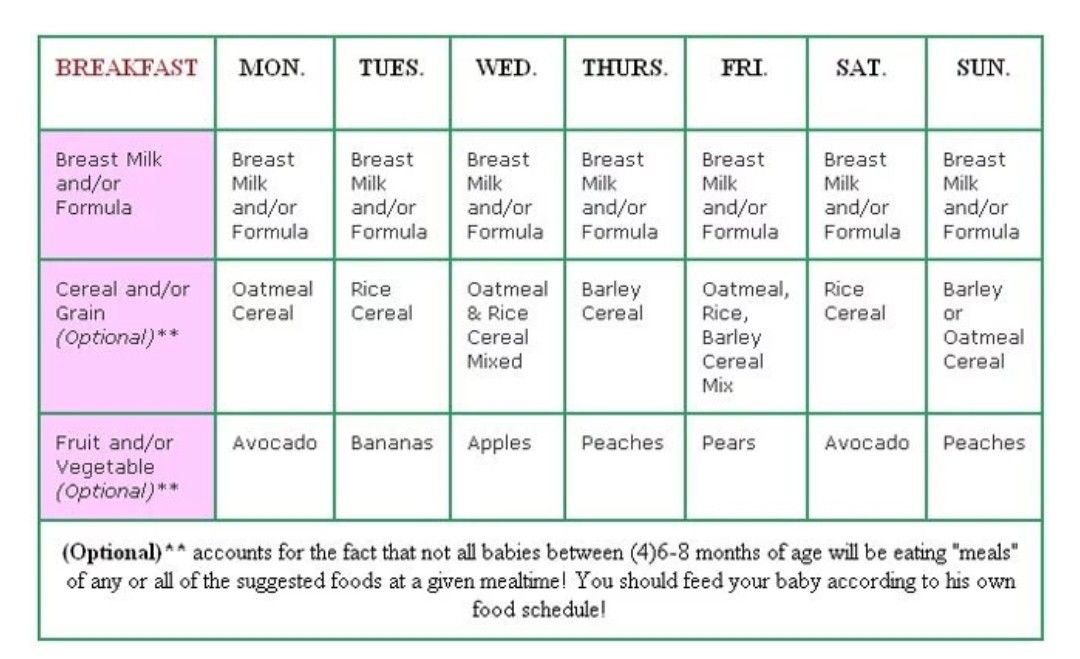 Beech-Nut baby foods come in recyclable glass jars and are available in both natural and organic varieties. Blends are available in every stage, from single-ingredient foods for brand-new eaters (like butternut squash and plum) to multi-food blends with chunkier textures for older babies.
Beech-Nut baby foods come in recyclable glass jars and are available in both natural and organic varieties. Blends are available in every stage, from single-ingredient foods for brand-new eaters (like butternut squash and plum) to multi-food blends with chunkier textures for older babies.
The ingredients in Beech-Nut baby foods are simple, with no artificial additives. Plus, these little glass jars are available at most grocery stores, so they’re easy to find. However, while it’s great for recycling purposes, glass can be dangerous — always supervise your little one around glass.
Beech-Nut Naturals are free of genetically modified organisms (GMOs) but not certified organic (unless you shop their organics line). They contain no added sugar.
Shop now at Walmart
Best organic baby food pouches
Plum Organics Stage 1
If sustainability, organic foods, and non-GMO ingredients are important to you, Plum Organics has a great line of baby food options to try.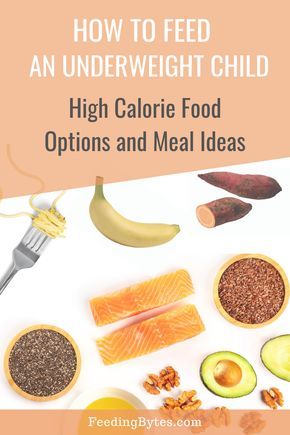
Their BPA-free pouches are super convenient and available in a variety of fruits, veggies, and grains for each stage of eating. These foods have no added salts or sugars, so they’re nutritious and simple for baby’s maturing digestive system. They’re also widely available and can be purchased in bulk for greater savings.
And while feeding experts definitely discourage using pouches exclusively, there’s no denying that pouches are very convenient for occasional on-the-go feedings. To make sure your baby is still progressing in their journey through solid foods, try squeezing the pouch contents into a spoon. And be sure to watch out for the small plastic caps, as they’re a choking hazard.
Plum Organics is certified organic and non-GMO, and their baby food doesn’t contain added sugar.
Shop now at Amazon
Best budget-friendly baby food
Gerber Organic 1st Foods
Gerber is the classic baby food brand, and they’ve made changes over the last few years to make their food more health-conscious (e. g., starting an organic line). Yet they have maintained their status as one of the most affordable prepared baby food brands on the market.
g., starting an organic line). Yet they have maintained their status as one of the most affordable prepared baby food brands on the market.
They offer benefits like glass jars, organic ingredients, and a wide variety of food choices at a lower cost than some other brands on our list.
Gerber Organic is USDA organic, non-GMO, and free of added sugar.
Shop now at Walmart
Best baby food for constipation
Gerber Natural 1st Foods (Pear)
Sometimes babies get a little constipated when they’re beginning their solid food journey, especially if they’re eating a lot of dairy or iron-fortified cereal. In addition to continuing breast milk, some foods may help relieve your little one’s digestive discomfort, including all the “P” fruits.
So prunes, pears, plums, and peaches are some options to help keep tiny bowels on the move. You can find great fruit purees in any brand on our list, but one of the more cost-effective is the Gerber brand. The good news is that many babies love fruit, so it shouldn’t be too hard to get your little one to down some prunes or pears.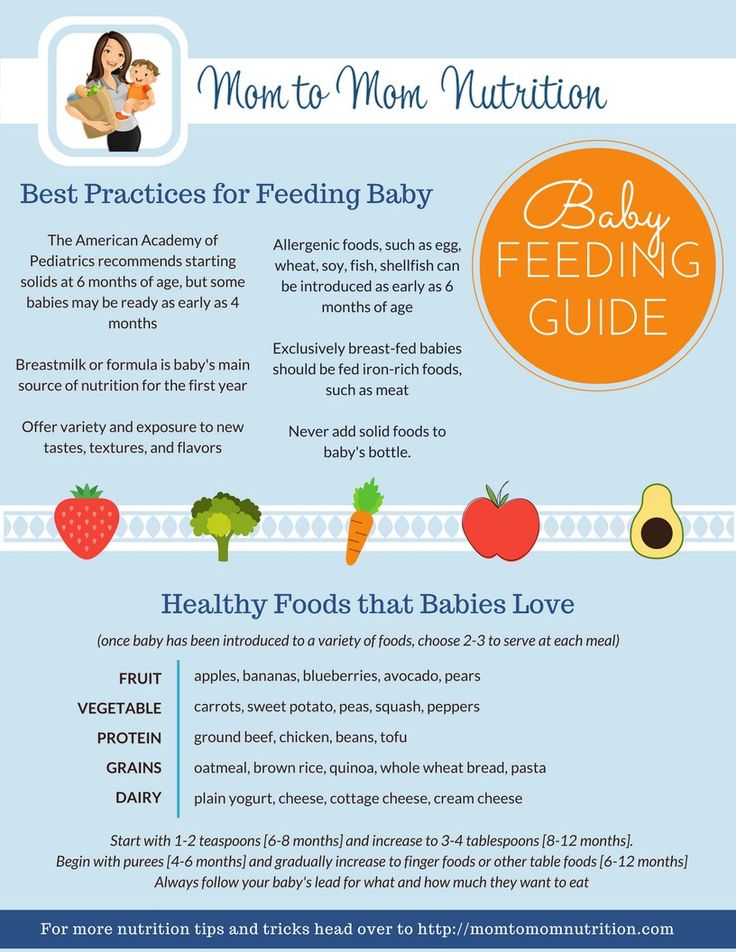
This product is made with non-GMO ingredients and pears grown with Clean Field Farming practices. It doesn’t contain added sugars.
Shop now at Walmart
Best organic jarred baby food
Happy Baby Organics Clearly Crafted Stage 1
Another great organic baby food option, the Happy Baby company offers their organic baby food jars at most stores — although not quite as widely as Beech-Nut and Plum Organics.
Happy Baby jars offer a wide variety of foods, from kale and mango to spinach and peaches and chia seeds. You can start with their single-ingredient jars (this is important for ruling out allergies, as well as to help baby learn to like spinach even when it’s not disguised by pears). Then, you can move on to their fruit and veggie blends as your little one grows.
High quality ingredients, creative flavors, and no artificial ingredients all make Happy Baby a solid (no pun intended) choice.
Happy Baby is USDA organic and doesn’t contain added sugars.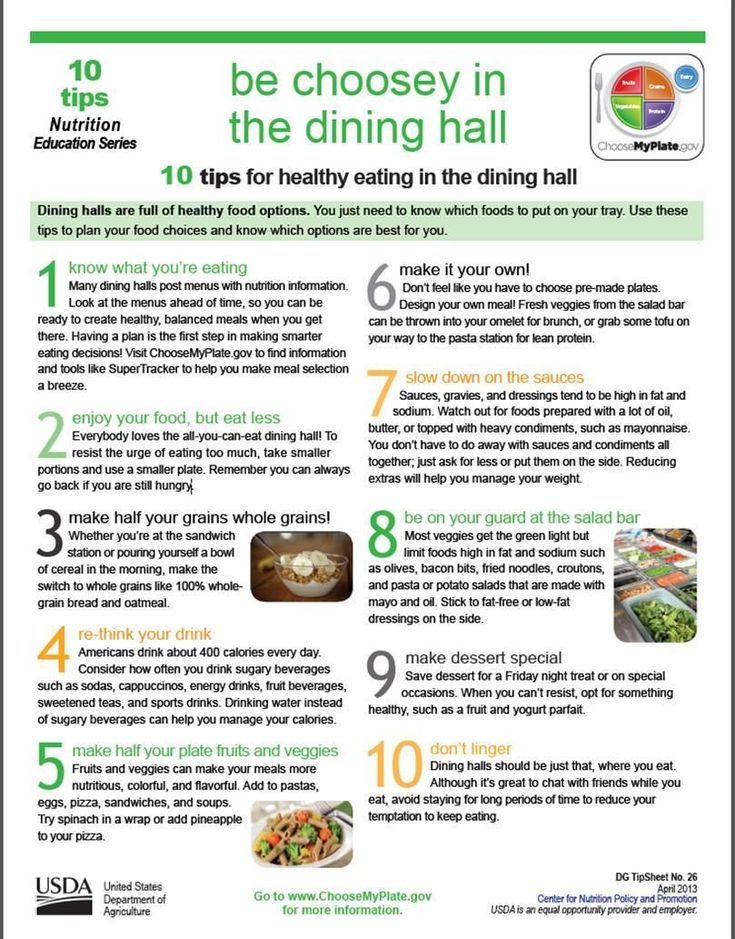
Shop now at Walmart
Best personalized subscription service
Cerebelly
Cerebelly allows you to personalize your subscription of baby food pouches based on your child’s age, leaning on science to determine what foods will benefit them at their stage of development.
You’ll take a quiz that asks about the current development and language cues your baby is showing (responding to their name, grasping toys, using noises to show emotion, etc.). It also asks about motor, social, and visual skills.
The results will clue you in on key nutrients that may benefit your little one and customize your baby food pouches based on this.
To boot, the brand has earned the Clean Label Project Purity Award (which evaluates products for toxins and contaminants), is certified USDA organic, and contains no added sugars.
Shop now at Cerebelly
Best fresh baby food
Once Upon a Farm Cold-Pressed Organic Baby Food
These organic, cold-pressed baby food pouches and cups are found in the refrigerated section at your grocery store (and yes, they have to be refrigerated at home). The company also has a subscription delivery option to make baby food even more convenient for your busy schedule.
The company also has a subscription delivery option to make baby food even more convenient for your busy schedule.
Creative names like Wild Rumpus Avocado and Magic Velvet Mango will have you smiling, and the variety of flavors will (hopefully!) appeal to your little one. Once Upon a Farm offers a variety of food stages, so you can start with their purees and move on up to their finger and toddler foods as your baby grows.
Once Upon a Farm is certified organic and non-GMO. Their products contain no added sugars and are Clean Label Project certified.
Shop now at Target
Best first baby cereal
Gerber Organic 1st Foods Single Grain Cereal
This simple cereal is a great first food for baby. You can mix this one-ingredient whole grain cereal with breast milk, formula, or water to provide your little one with some crucial nutrients (such as iron) and experience with spoons and textures.
The AAP recommends oatmeal or multigrain cereals over rice cereals, as they have a lower risk of exposure to chemicals such as arsenic (which is sometimes a concern with rice products).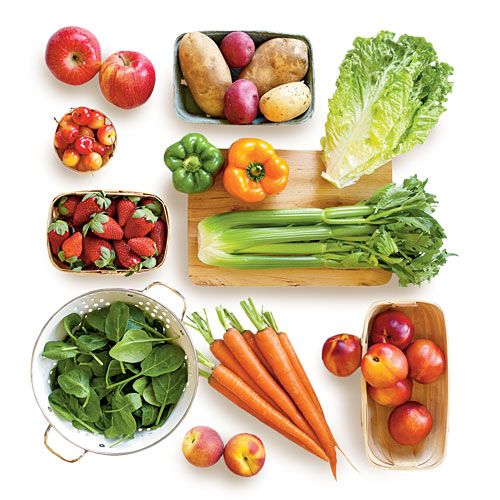
As your baby gets used to other foods, you can also mix this cereal with fruit or yogurt to provide a heartier meal.
Gerber Organic is certified USDA organic and non-GMO, but this product does contain some added sugars.
Shop now at Walmart
Best, most interesting baby food blends
Little Spoon Complex Solids
Once your baby is ready for more advanced blends, Little Spoon has a unique line of complex blends that contain multiple purees as well as other seeds and grains for texture.
For example, one blend contains quinoa, butternut squash, and apple. Another contains kale, white bean, pear, basil, quinoa, and avocado oil.
Little Spoon purees use certified organic and non-GMO ingredients. They’re free of added sugar.
Shop now at Little Spoon
Best all-around clean baby food
Baby Gourmet
Baby Gourmet is another Clean Label Project Purity Award winner, which means they go above and beyond to ensure their baby food is free of harmful toxins that naturally occur in the environment.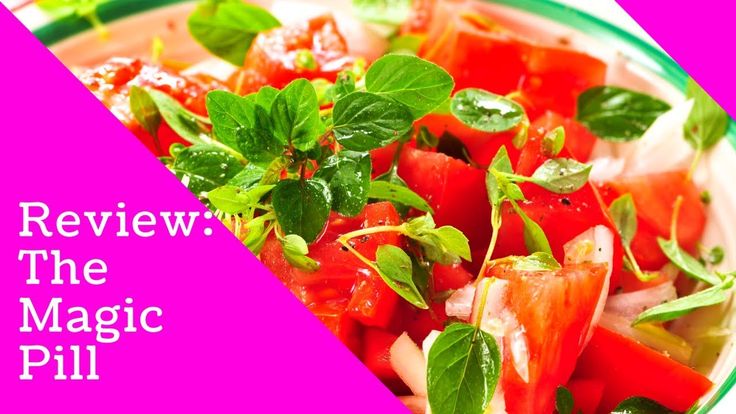
This Canadian company is also set to donate 1 million meals to vulnerable populations by 2025. It’s founded and run by moms, which can be reassuring.
Baby Gourmet is certified organic and non-GMO by both U.S. and Canadian standards. All packaging is BPA-free. Products contain no added sugar.
Shop now at Baby Gourmet
As a general guideline, it’s a good idea to start with iron-fortified baby cereals or pureed meats if your infant is breastfed. Breastfed babies are more likely to need extra iron than formula-fed babies.
It’s also advisable to start with simple, single-ingredient purees of meat, vegetables, and fruits.
Choosing brands that are certified organic, use BPA-free materials, and are conscious of using whole food ingredients (e.g., they don’t add “extras” like salt, sugar, or corn syrup) helps ensure a healthy start for your little one.
According to the AAP, you shouldn’t give babies under age 1 cow’s milk, honey, unpasteurized dairy, or undercooked meat, as these can be an infection risk for a baby’s developing immune system.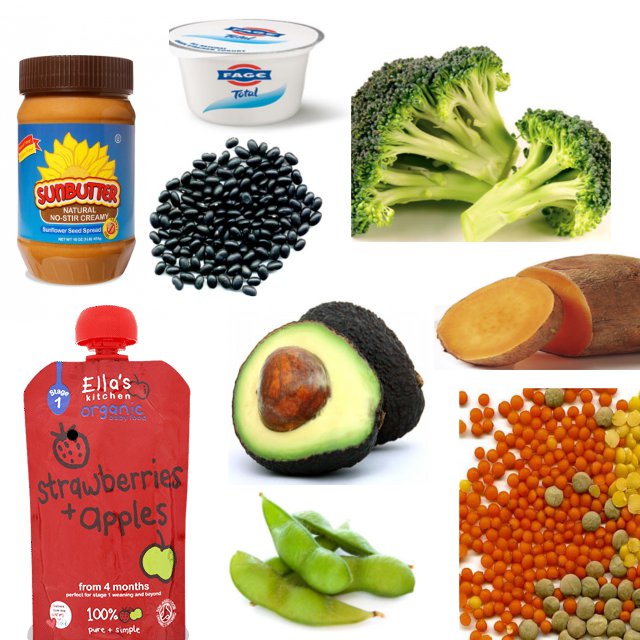
You’ll also want to avoid foods that are hard or sharp or present a choking risk (for instance, chips, nuts, popcorn, raisins, raw apples, raw carrots, whole grapes, hot dogs). For a more comprehensive guide to which foods to give and what to avoid, check out our article on infant nutrition and starting solids.
While experts used to advise waiting to introduce highly allergenic foods (such as dairy, wheat, nuts, and eggs) until after the first year, the experts now say that delayed introduction of these foods may increase a child’s risk of food allergies. So, with the guidance of your pediatrician, go ahead and introduce those foods within the first year.
Seek immediate emergency medical attention if you notice swelling of the tongue and mouth, wheezing, or trouble breathing after your child eats certain foods
Some babies are raring to go when it comes to trying food, while others may take a little more convincing. Either way, definitely get your camera on video mode, as there are bound to be some hilarious faces and some impressive food spillage along the way.
Here are some pro tips to help make the process as smooth as possible:
- Wait until your baby shows signs of readiness for solid food.
- Keep trying. It can take 5 to 10 exposures for a baby to accept a new food.
- Make it fun and silly.
- Cook and eat as a family as much as possible.
- Let your baby play with the spoon and even the food! While incredibly messy, this helps them get comfortable with the textures, smells, and tastes of new foods.
- Talk with your pediatrician if you have any questions or concerns. They’re a great resource and want to help you grow a happy, healthy baby.
What’s the best baby food for growth and weight gain?
If your baby is under 6 months and breastfeeding, it’s recommended that you stick to that exclusively for 6 months. When you’re ready to introduce solids after 6 months, it should be in addition to breastfeeding and formula, not as a replacement.
If your baby is formula-fed, they may begin eating solids sooner than 6 months.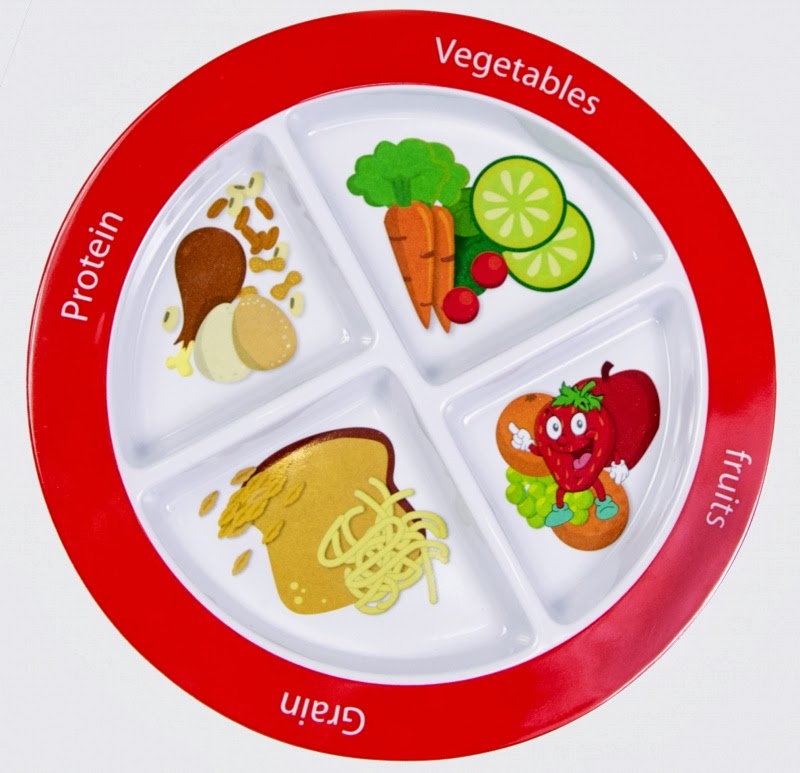 While no one specific food is recommended, a variety of foods and colors is best, including meats, vegetables, and fruits. One of the key foods that can help with growth and weight gain is avocados (high in healthy fats and fiber but low in sugar).
While no one specific food is recommended, a variety of foods and colors is best, including meats, vegetables, and fruits. One of the key foods that can help with growth and weight gain is avocados (high in healthy fats and fiber but low in sugar).
Always discuss your baby’s dietary changes with your pediatrician and attend regular checkups to monitor growth.
What’s the easiest food for babies to digest?
Just like adults, babies do best with regular bowel movements. If they’re having a hard time with this, oatmeal is one food known to be easy to digest and promote regularity, as it contains higher amounts of dietary fiber.
It may also help to focus on quantity. Try feeding your baby smaller meals more often, rather than fewer larger meals. This may be easier on their system and allow them to digest foods more easily.
What’s the best baby food to start with?
Mashed banana and avocado are some of the most popular solids to start with. Soft, ground oatmeal is also great. When it comes to fruit and vegetable purees, focus on variety, but don’t overdo it with those that are naturally high in sugar (such as berry purees).
When it comes to fruit and vegetable purees, focus on variety, but don’t overdo it with those that are naturally high in sugar (such as berry purees).
Most importantly, at 6 months old, all foods should still be pureed and cooked. Once your baby is 9 months old and older, you can start to introduce vegetables cut into pieces. The only other no-no is honey, which they shouldn’t have until they’re over a year old.
It can feel like a lot of pressure to choose the best nutrition for your child, especially when trying to capitalize on the years before they start demanding chicken nuggets and ice cream. But there are a lot of great, healthy options available in 2022.
Whether you choose to make your own baby food, buy jars or pouches, or use a baby food subscription service, there are a number of resources to help you feed your baby.
Baby food: the best foods for babies | Types of products for children
Not all mothers and fathers know what applies to baby food and when they can be offered to the baby.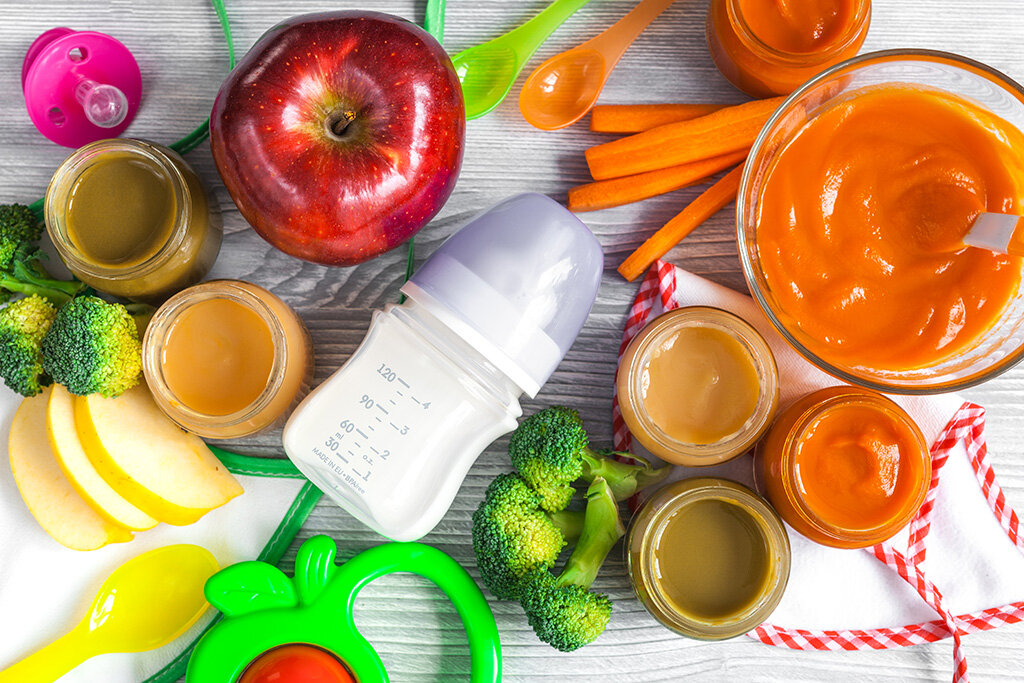 In the practice of doctors, there are many cases when a baby of 3-4 months is already given cow's milk, and vice versa - at the age of 8-9 months, meat puree is still not introduced into the diet.
In the practice of doctors, there are many cases when a baby of 3-4 months is already given cow's milk, and vice versa - at the age of 8-9 months, meat puree is still not introduced into the diet.
According to the WHO, it is recommended that complementary foods be introduced when the baby is 4-6 months old and should be done while breastfeeding continues. Complementary foods are understood to mean all liquid and solid foods that are offered to the baby - with the exception of breast milk itself and infant formula. In the Russian Federation, the introduction of complementary foods from 4-6 months is recommended.
In this article we will look at what kind of baby food is best for babies, what is recommended to use to expand the menu, how to choose and in what sequence to introduce foods into the diet of a child of the first year of life.
Choose foods for the first feeding
Kashi
Kashi is the best baby food for the first feeding of babies. They are made from cereals, contain a lot of carbohydrates, which give the baby energy for growth and development, and fiber, which contributes to comfortable digestion.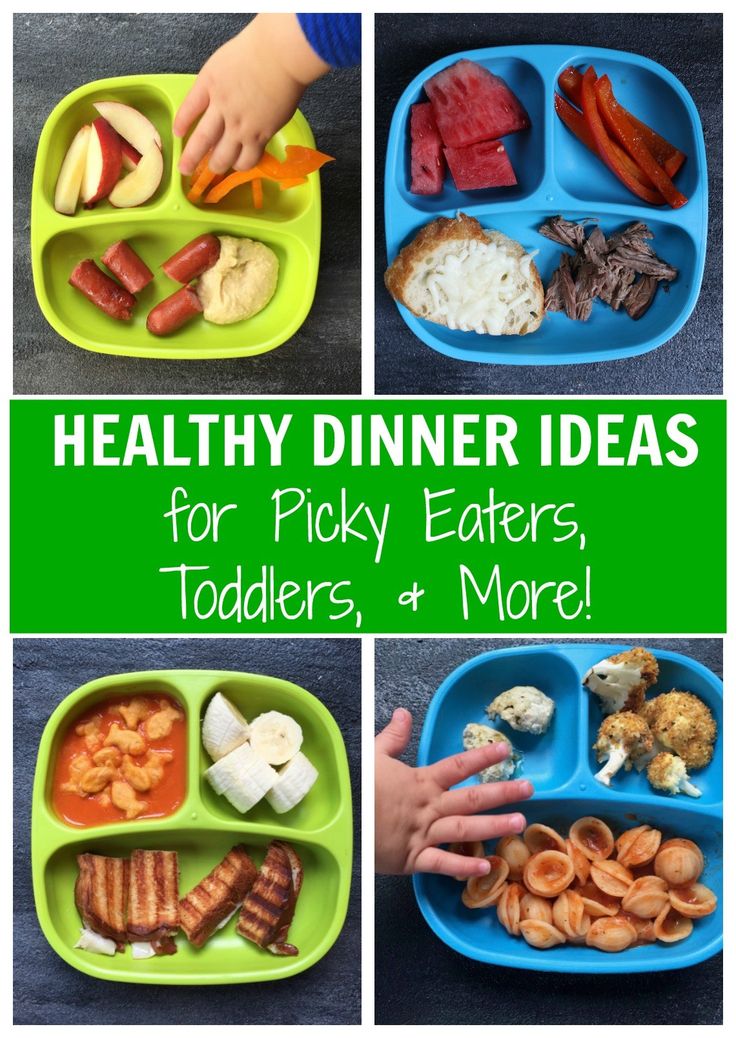 This natural and healthy baby food is also a good source of vegetable proteins and fats. All Nestlé® baby cereals are additionally enriched with the Iron+ trace element complex, thanks to which the baby receives iron and other minerals from food.
This natural and healthy baby food is also a good source of vegetable proteins and fats. All Nestlé® baby cereals are additionally enriched with the Iron+ trace element complex, thanks to which the baby receives iron and other minerals from food.
Dairy-free, gluten-free, hypoallergenic cereals - buckwheat, corn - should become the first cereal-based baby products. Then the baby's diet can be expanded and other cereals can be introduced:
- Dairy cereals from gluten-free cereals - for example, buckwheat porridge with dried apricots, rice porridge with apple.
- Cereals from cereals containing gluten - oatmeal, wheat.
- Porridge from a mixture of cereals - multi-grain porridge with pear and peach, banana and strawberry pieces.
Nestle® Kashi is an easy-to-use dry baby food. Just take the right amount of porridge and dilute it with breast milk or water - it's very easy. You can prepare a very tiny portion, which is important when the baby first meets a new product.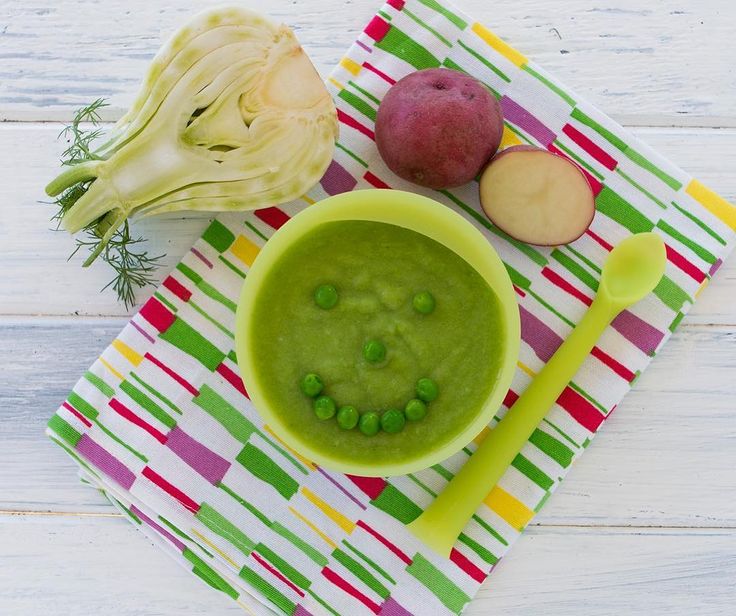
Important!
Complementary foods always start with small portions. If your baby is trying porridge for the first time, offer him no more than one teaspoon. Watch out for reactions; if everything is in order - the next day increase the portion to two teaspoons. With good tolerance, gradually, within 5-7 days, bring the serving volume to the age norm. If, in response to the introduction of porridge, the child develops a rash on the skin, the nature of the stool changes, he becomes restless - do not give this product yet. It will be possible to try again to introduce it into the diet in a month.
Meat
Meat purees occupy a special place among baby foods. They are rich in protein, contain B vitamins, zinc, magnesium, and, most importantly, a lot of well-absorbed heme iron. By six months, the baby's iron stores are depleted, and a reliable source of this element should appear in his diet.
Meat is introduced into the diet as homogenized baby food. It is recommended to start with mashed light white meat - rabbit or turkey - they have the highest iron content.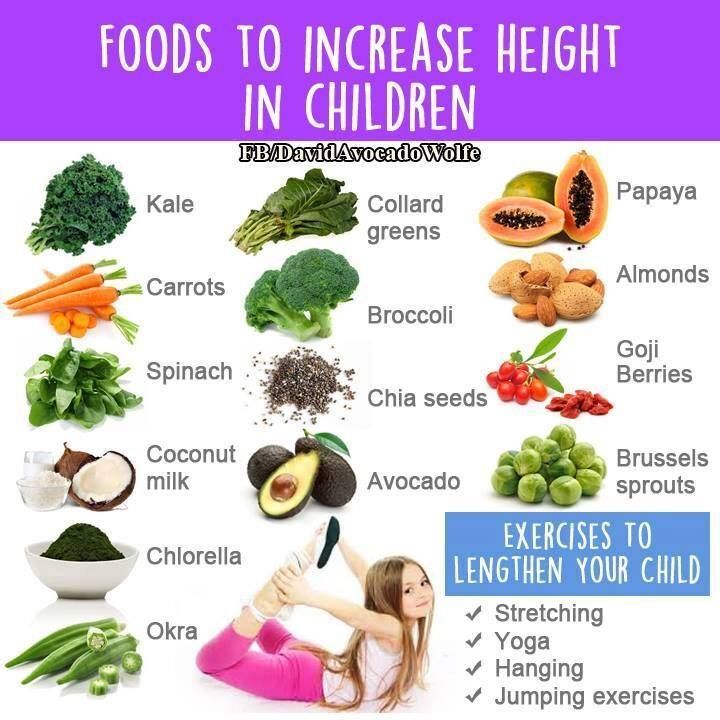 Then the menu includes more nutrient-dense meats: veal and beef.
Then the menu includes more nutrient-dense meats: veal and beef.
Vegetables
Vegetables contain carbohydrates, organic acids, fiber, pectin, various vitamins and minerals. Some of them, such as carrots and pumpkins, literally scream with their orange color about the large amount of beta-carotene, a provitamin from which the body produces vitamin A.
Puree is the ideal consistency for introducing crumbs to vegetables. Therefore, for children aged 4-6 months, all baby food should be homogenized. Pieces of food appear on the menu of the child closer to the year - and then very small.
For the first vegetable weaning, mashed marrows, broccoli, cauliflower are recommended. As your baby becomes familiar with simple foods, you can move on to purees with sophisticated flavor combinations, such as cauliflower and potatoes.
Note
There is a rule: one day - one new product. If you introduced mashed broccoli into your child's diet today, do not offer other new dishes yet.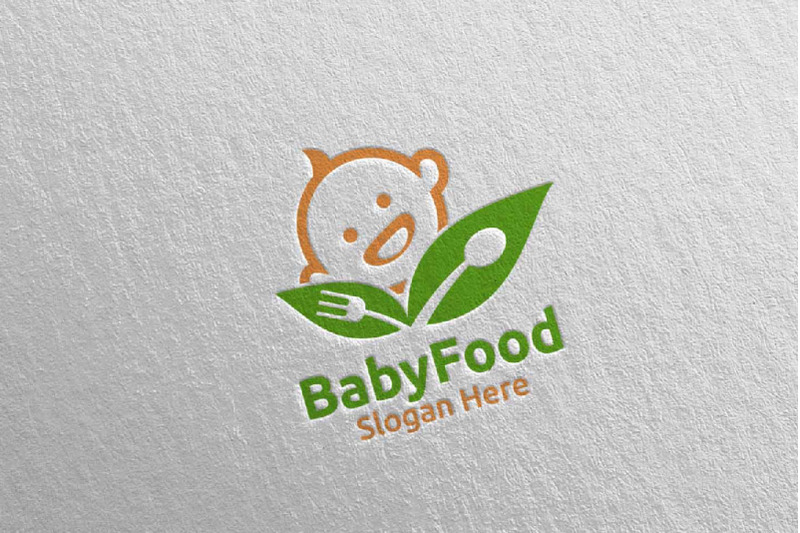
Egg
Egg is not a first food product. Egg yolk can be included in baby food immediately after the first cereals and mashed potatoes, from 7 months. The yolks contain a lot of easily digestible proteins and fats, vitamin A and phosphorus. Choline is especially important - it favorably affects the development of the nervous system.
Fruits
Fruits are not only healthy, but also very tasty, because they contain a lot of natural sugars. They are also rich in vitamins and minerals, organic acids (citric, malic and others), fiber, which contributes to the comfortable functioning of the intestines. Baby fruit products are recommended to be introduced after the first feeding. It is better to start with fruits traditional for our country - apples or pears.
Some mothers think that natural baby food from fruits can only be prepared at home. Actually it is not. Factory products - the best companies involved in the production of baby food, carefully test raw materials for the absence of heavy metals, traces of fertilizers and other harmful impurities, and are also responsible for the proportions of nutrients declared on the packaging.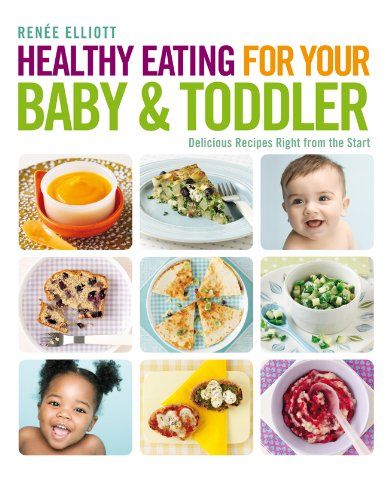 It is impossible to achieve this at home.
It is impossible to achieve this at home.
Fruit juices
Fruit juices are one of the popular liquid baby food options. They are similar in vitamin and mineral composition to fruit puree (especially juices with pulp) - they contain potassium, iron, vitamin C and many other useful substances. And, of course, juices are a pleasant delicacy that kids really like and greatly expands the palette of baby food flavors.
Juices are introduced into complementary foods simultaneously with fruit puree and according to the same scheme. It is advisable to start with simple drinks from one fruit - for example, an apple or a pear, and only then indulge the crumbs with complex cocktails - such as a mixture of apple, grape and rosehip juices.
Fish
Like meat, fish in baby food will become a source of protein, B vitamins and other trace elements. In addition, it contains polyunsaturated fatty acids that are important for growth and development, which the child's body is not able to synthesize on its own in the right amount.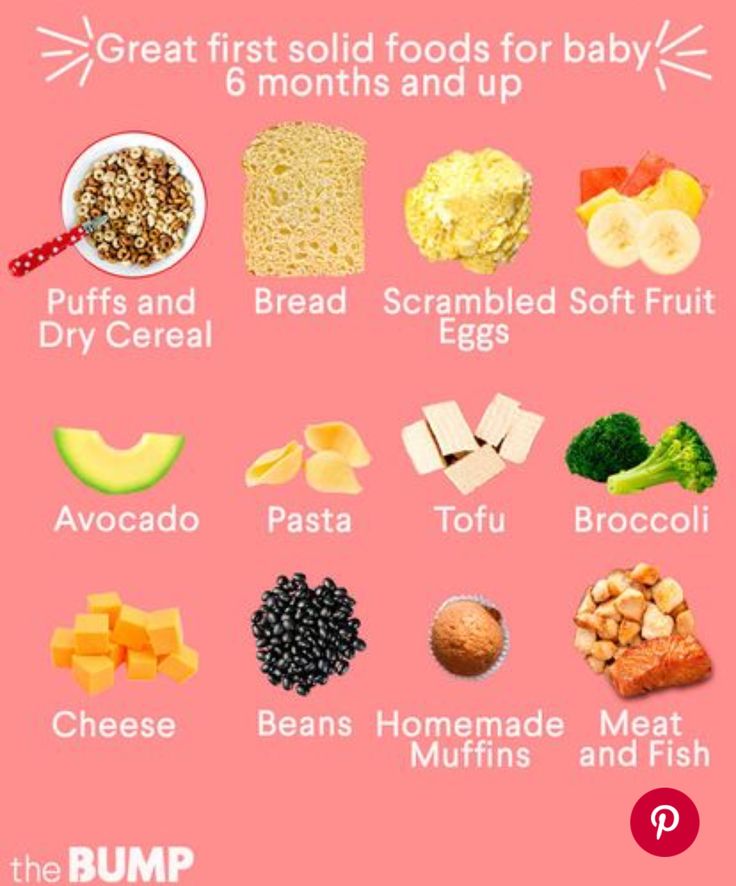
Babies can be offered fish from 8–9 months, replacing meat with it 1–2 times a week. When introducing fish, you need to remember that children have intolerance to this product. If fish feeding has led to allergies or other undesirable consequences, temporarily exclude fish from the diet and be sure to consult a specialist. It will help you choose the right foods for your baby.
Dairy products
Many parents in Russia believe that cow's milk is the best baby food, and this misconception is actively supported by the older generation. Don't believe it: whole cow's milk does more harm than good to babies and can cause digestive problems. In addition, milk contributes to too rapid weight gain, which in the future increases the risk of obesity, diabetes and other diseases.
Instead of cow's milk, the following types of solid and liquid baby food are recommended for babies under 3 years of age:
- Children's products containing milk in small quantities - such as industrial milk porridges.
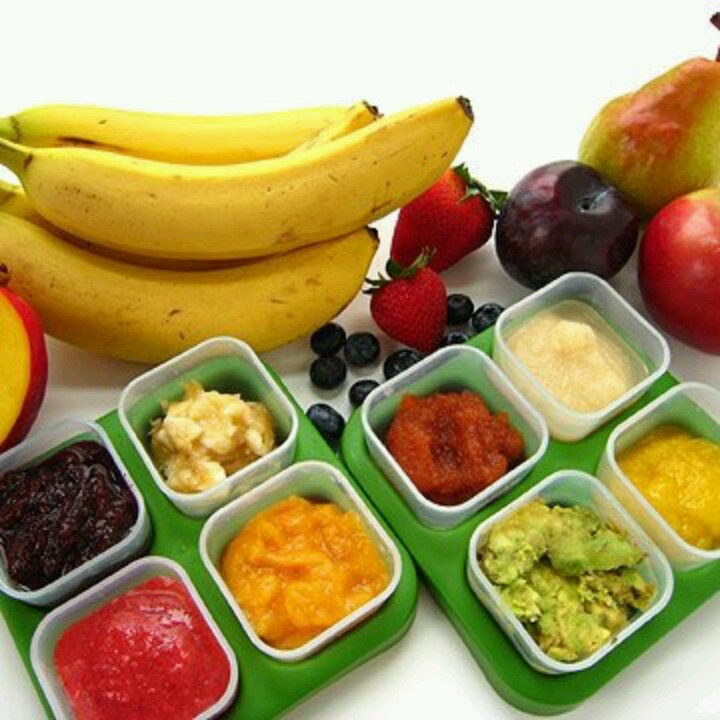
- Special for children after one year.
- Fermented milk products - special adapted drinks.
- Low-fat cottage cheese.
Water
In the first months of life, the baby receives the necessary amount of water from breast milk. However, as an independent product, water appears in the baby's diet almost simultaneously with the first complementary foods. It is used for breeding dry baby food - dairy-free and milk porridges, as well as just for drinking.
The choice of water must be approached responsibly. Pediatricians recommend buying a baby special bottled water for baby food. It is manufactured in compliance with strict bacteriological standards, does not contain radioactive and harmful chemical impurities, and is characterized by low mineralization. For parents, this water is convenient because it does not need to be boiled - but only if used within a day after opening the package.
Herbal teas
There are now quite a few herbal teas made specifically for baby food.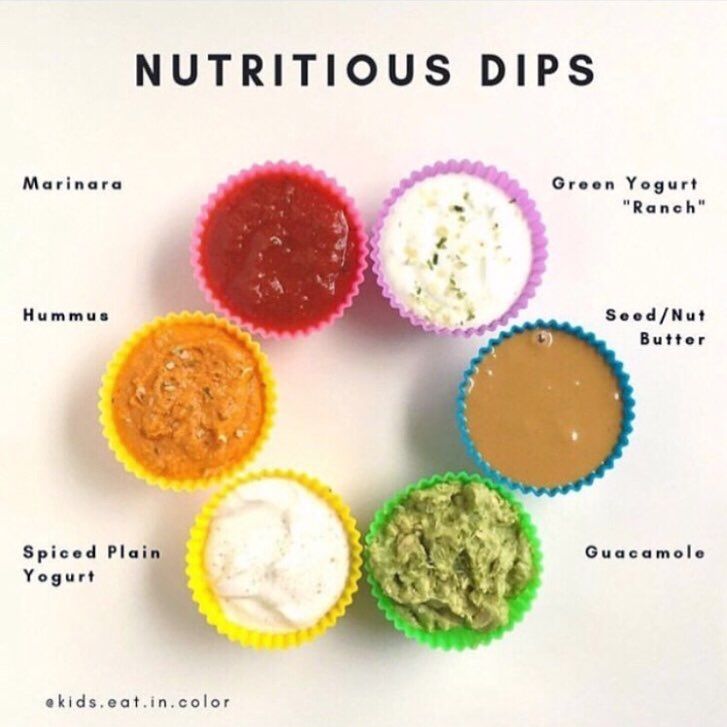 They contain medicinal herbs and fruits - fennel, mint, anise, chamomile, rose hips, raspberries and others.
They contain medicinal herbs and fruits - fennel, mint, anise, chamomile, rose hips, raspberries and others.
Sometimes berries, fruits, natural sugars are added to children's tea - this way the drink becomes more attractive for a little gourmet.
These children's products are a natural pharmacy that provides the baby with a complex of useful substances. However, some active components of herbal drinks can cause allergies, so teas should be introduced into the baby's diet with extreme caution.
Consult your paediatrician before starting complementary foods. A doctor who has been observing your child since birth will tell you what foods will benefit him, where to start getting acquainted with new dishes, and what points you should pay attention to.
- 1. National program for optimizing the feeding of children in the first year of life in the Russian Federation. Union of Pediatricians of Russia. Moscow 2019.
- 2. Feeding and nutrition of infants and young children.
 Guidelines for the WHO European Region with a special focus on the republics of the former Soviet Union.
Guidelines for the WHO European Region with a special focus on the republics of the former Soviet Union. - 3. Safina, A.I. Modern approaches to the nutrition of children from one year to three years old / A.I. Safina // Bulletin of modern clinical medicine. - 2016. - T. 9, issue. 2. - P. 77-85.
- 4. Infant and young child nutrition. WHO Newsletter.
- Obstetrician-gynecologist (Southern State Medical University, Faculty of Pediatrics, specialization at the Department of Obstetrics and Gynecology)
Others articles by the author
rating of the top 11 Russian and foreign brands with reviews according to KP
Goods for children are always subject to special quality control. Including food. After all, food for a baby is not only a way to satisfy hunger, but also acquaintance with different tastes and a guarantee of healthy development (1). Today there are many different brands. Among them, we selected the best manufacturers of baby food, based on the reviews of parents and expert opinions.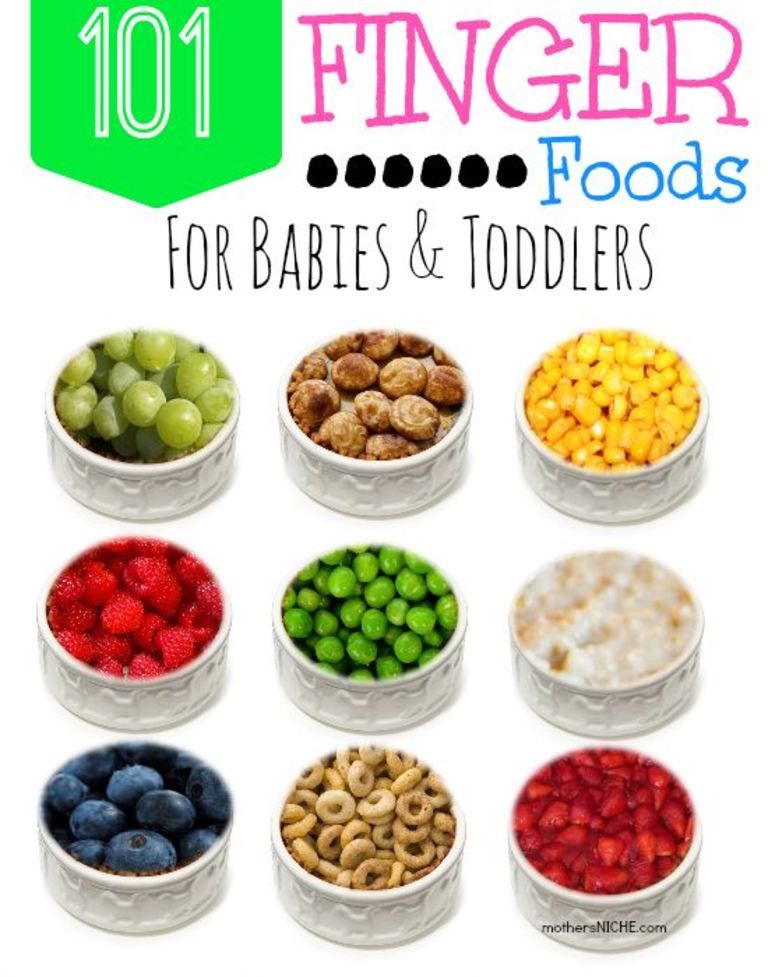
Rating of the top 6 Russian baby food manufacturers according to KP
There are many popular brands among Russian baby food manufacturers. Basically, various purees, juices, cereals and dairy products are presented on the market. There are also formulas for babies, but in smaller quantities. The popularity of food is due to high quality and rather low (in comparison with foreign analogues) price.
"Egor Ivanych"
"Egor Ivanych"Egor Ivanych is a serious kid, so he chooses the best raw materials for the production of baby food. Only selected, most delicious vegetables and fruits, fresh dairy components and meat of the highest quality are used, which a little later will fall on the table to the kids in the form of mashed potatoes. Egor Ivanych is a rich assortment of products that can provide a complete diet for a baby.
Meat purees are made according to GOST with a high percentage of meat filling. There are unique products such as cod with vegetables, chicken with hearts and turkey with turkey liver.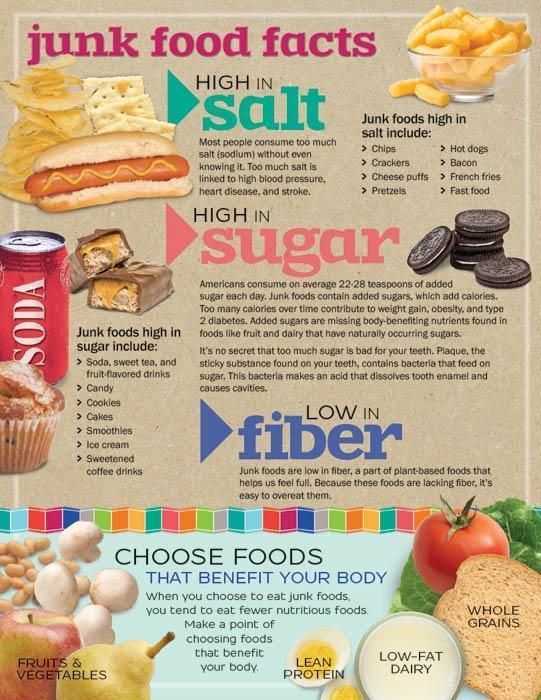 This is a storehouse of vitamins and nutrients for the nutrition of the baby. Egor Ivanovich - in an adult way for kids!
This is a storehouse of vitamins and nutrients for the nutrition of the baby. Egor Ivanovich - in an adult way for kids!
Main characteristics
| Producer | Open Distribution Company LLC |
| Assortment | Vegetable, fruit purees, meat and fish products for the first feeding |
| Recommended age | from 4 months (there are products that are suitable from 5, 6, 6 and 8 months) |
| 2013 |
PCs and cons and cons and consushes of many different tastes; contains no starch, wheat flour, sweeteners and sugar; There are a variety of unique flavors in the range.
The product line is presented only puree.
Editor's Choice
Advertisement . LLC Open Distribution Company. LjN8KUFzq
Agusha
Agusha. Photo: yandex.market.ru Agusha is one of the most popular manufacturers of baby food in Russia.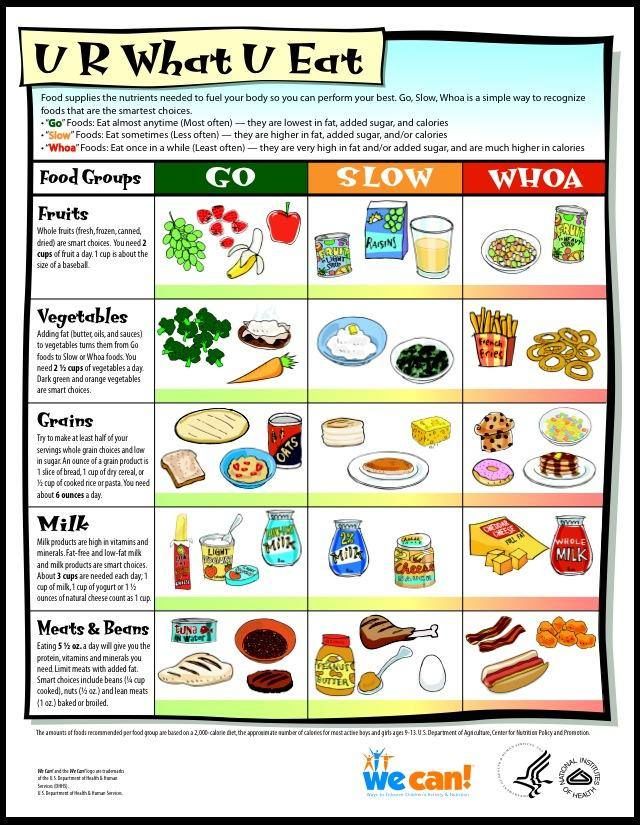 The trademark appeared in 1992 and has a wide range of products for children of all ages. Newborns are offered powdered milk formulas, babies from 4 months - a variety of purees, sour-milk products, water, older children - ready-made cereals (both dairy and non-dairy), juices, fruit drinks, compotes and fruit bars for a snack.
The trademark appeared in 1992 and has a wide range of products for children of all ages. Newborns are offered powdered milk formulas, babies from 4 months - a variety of purees, sour-milk products, water, older children - ready-made cereals (both dairy and non-dairy), juices, fruit drinks, compotes and fruit bars for a snack.
Thanks to the availability and variety of products, the manufacturer is confidently holding onto the Russian market. The safety and quality of Agushi is also confirmed by some neutral studies. For example, fruit cottage cheese, as well as kefir from this brand, received the highest rating from Roskachestvo (2, 3).
However, some parents are confused by the rather high price of certain items.
Key features
| Manufacturer | PepsiCo Russia Some of the brand's products have received high ratings from Roskachestvo, for example, biocurd, buckwheat porridge (4, 5). Nutrition from this brand is designed for both the first complementary foods and for babies after a year. Main characteristics
Pros and consThere are hypoallergenic products.May contain allergenic ingredients (eg sugar). Grandmother's BasketGrandmother's Basket. Photo: yandex.market.ruThe manufacturer has been present on the Russian market since 1999. The main product is a variety of purees, which are available in glass jars and soft packs. For example, apple puree from this brand received the highest rating from Roskachestvo in all analysis criteria and was awarded the Quality Mark (6). For older children, prepared meals, meatballs, healthy snacks such as fruit lozenges and biscuits are available. The main characteristics
Pros and consRelatively low price in the segment; varied products. There may be undesirable auxiliary components in the formulation (eg salt). SubjectSubject. Photo: yandex.market.ru "Theme" offers products for children from 4 months to 3 years. The assortment includes a variety of meat, fish and vegetable purees, dairy products, ready meals and juices. But fruit purees are not presented. Packaging 一 is one of the distinguishing features of the brand. Thanks to special tin cans, the products are reliably protected from sunlight, which prolongs the shelf life. DiaperDiaper. Photo: market.yandex.ruAll ingredients for production are supplied from our own farm. The manufacturer claims that thanks to this, it is possible to set fairly low prices for products. The potential buyer is offered fruit and vegetable purees (some with cottage cheese), soups, various juices and fruit drinks, as well as water. Some of the products are hypoallergenic. The composition does not contain unnecessary components: salt, sugar and preservatives. Meat and fish products are not represented in the product line. Rating of the top 5 foreign manufacturers of baby food according to KP There are many foreign companies that produce baby food on the Russian market. A century of history, many years of experience and a good reputation helps to supply the market with quality products, which are preferred by many parents. GerberGerber. Photo: yandex.market.ruThe assortment of the American manufacturer includes products for children from 4 months. In supermarkets and online sites, you can find vegetable and fruit purees, cereals, healthy snacks, juices, and desserts (cottage cheese treats, smoothies, and others). Hypoallergenic food is also provided. For example, dairy-free buckwheat porridge of this brand is highly appreciated by Roskachestvo experts, who noted the safe composition of the product without dangerous and harmful substances, including no added sugars ( | |||||||||||||||
| Founded | 1927 |
Pros and cons
Hypoallergenic products; natural composition; high quality.
High price in the baby food segment.
HiPP
HiPP. Photo: yandex.market.ru German manufacturer's products are suitable for children from birth. Infants are offered hypoallergenic powdered milk formulas enriched with vitamins. For feeding - various purees, cream soups, cereals, and as a snack for older children - snacks and dairy desserts.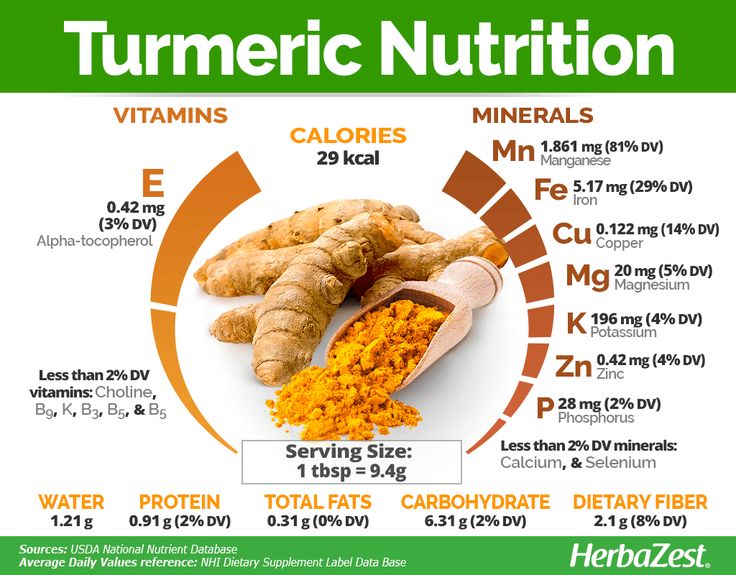
Pros and cons
Natural composition; There are baby formulas in the assortment.
High price of products.
Fleur Alpine
Fleur Alpine. Photo: yandex.market.ruNatural baby food of premium quality. The range includes purees, cereals, cookies and juices - both regular and for children prone to allergies or intolerant to gluten. In addition to the usual products, the manufacturer offers olive oil (from 6 months) and sauces (from 3 years).
From time to time, the products of this brand come under the attention of experts from Roskachestvo and Roskontrol. For example, Three cereals porridge showed excellent results: a good composition with dietary fiber and no foreign impurities, the appropriate taste, color and smell (10), and buckwheat porridge meets the advanced standards of Roskachestvo, except for the increased protein content (11).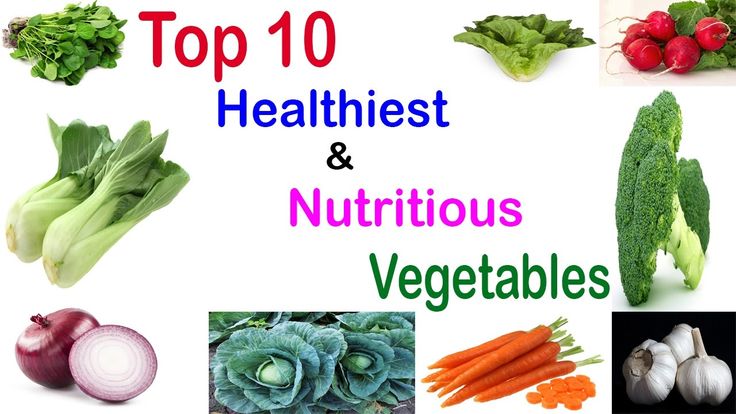
Not all products on the official website can be purchased in a regular store. However, they can be purchased on marketplaces.
High price; Not all brand products are easy to find on offline sites.
Semper
Semper. Photo: yandex.market.ruThe Swedish company offers a wide range of products for children of all ages. Dry milk formulas are suitable for newborns, and there are even specialized ones that are best used for constipation. Some of them are designed for babies older than six months. For crumbs older than 4 months, the manufacturer offers a variety of vegetable, meat, fish and fruit purees, cereals, juices and children's tea with vitamins. In addition to the usual products for children, there are wellings — oatmeal and multi-cereal porridges with natural additives, cookies, and meatballs.
Pros and cons
There are mixtures in the product line interesting combinations of flavors.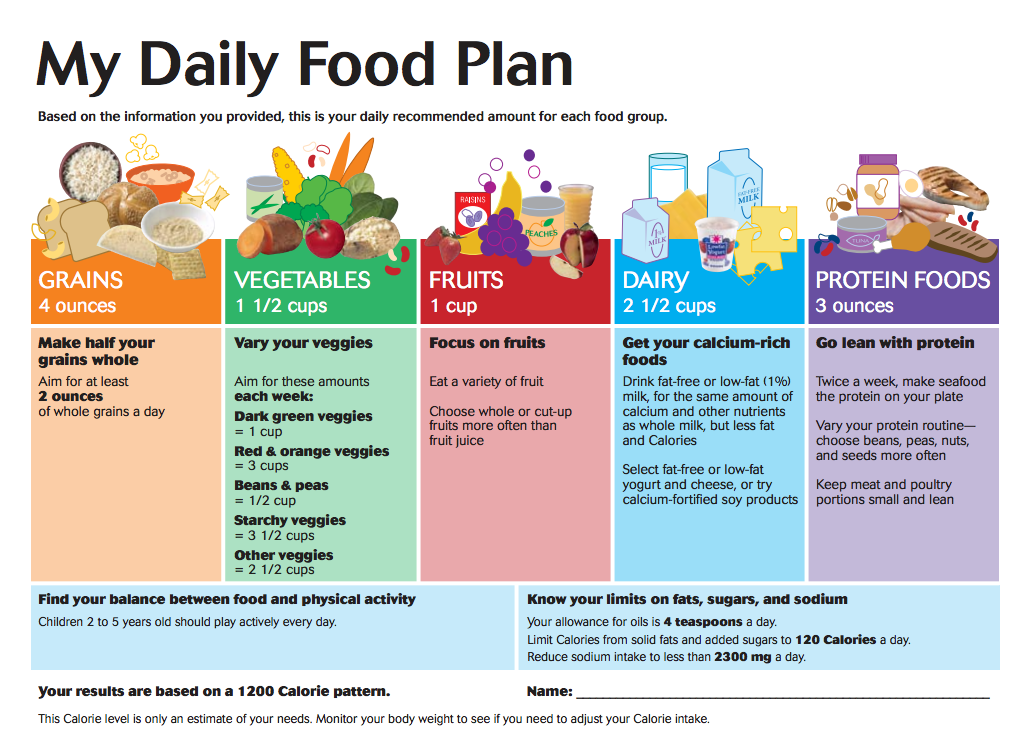
High price in the segment; the presence of starch in the puree; the product according to BJU may differ from that stated on the package.
Heinz
Heinz. Photo: yandex.market.ruAmerican food company offers a wide range of products at affordable prices. There are fruit, vegetable and meat purees, cereals (dairy and non-dairy), soups and drinks. As a healthy snack for babies from 5 months, special cookies are suitable, and fruit and cream puddings will be a great dessert for older children. You can also find a special vermicelli that will suit crumbs from 6 months. The manufacturer's porridges received the highest rating from Roskachestvo (13). However, some products contain sugar and starch, which many parents of babies do not approve of.
Some products contain sugar and starch.
How to choose the right baby food
A child's menu may differ from another baby's diet, not only due to age, but also due to health conditions (for example, a tendency to constipation or a dairy allergy) and personal preferences.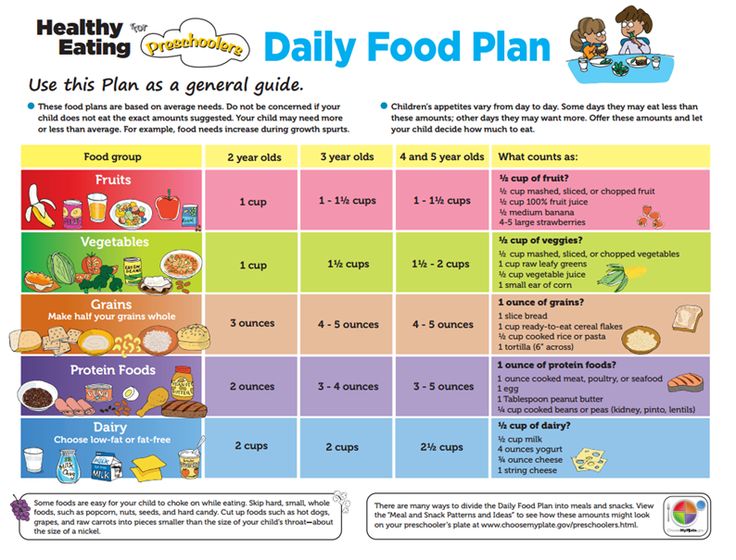 However, the first thing to consider is age. It’s also important to keep in mind that your baby’s diet should be free of added salt and sugar (14). Certain positions deserve some explanation.
However, the first thing to consider is age. It’s also important to keep in mind that your baby’s diet should be free of added salt and sugar (14). Certain positions deserve some explanation.
Milk formulas
Designed for feeding babies. In fact, they are designed to become an alternative to mother's milk. For the full development of the crumbs, it is necessary that vitamins and trace elements are present in the composition.
Canned puree
Introduced from 4 months. There are fruit, vegetable, meat and fish options. Combinations are also possible. For the first feeding, it is recommended to choose one-component purees from vegetables or fruits.
Porridges
Porridges, as well as mashed potatoes, are recommended to be offered to a baby from 4 months. Thanks to the special processing of cereals, baby porridge is easily boiled, which significantly saves cooking time.
Nectars, juices
You can give your baby juice or nectar from the age of 4 months.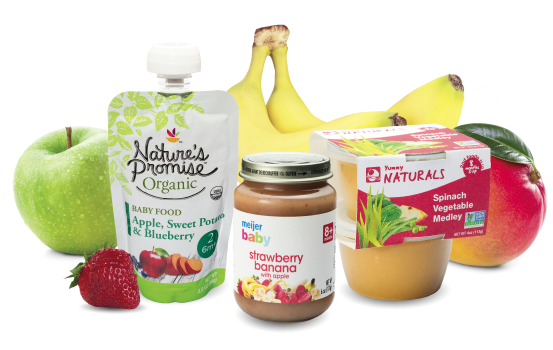 As long as it doesn't contain sugar. If available, it is better to wait at least up to 1 year.
As long as it doesn't contain sugar. If available, it is better to wait at least up to 1 year.
Frequently asked questions and answers
How to choose food for the first feeding?
Pediatricians recommend starting the first complementary foods with vegetable puree. Fruits contain a large amount of fructose, which can irritate the lining of the stomach and other organs of the gastrointestinal tract. Of course, the parent himself can boil and grind vegetables to a puree-like consistency, but it is easier to purchase products in the store, since baby food is made in compliance with special technologies, taking into account all the rules and regulations.
Another question is how to choose a brand among such a variety of baby foods. The best solution is to stick with a well-known brand. Large companies care about their reputation, and therefore strictly follow all established quality standards and do not violate production technology.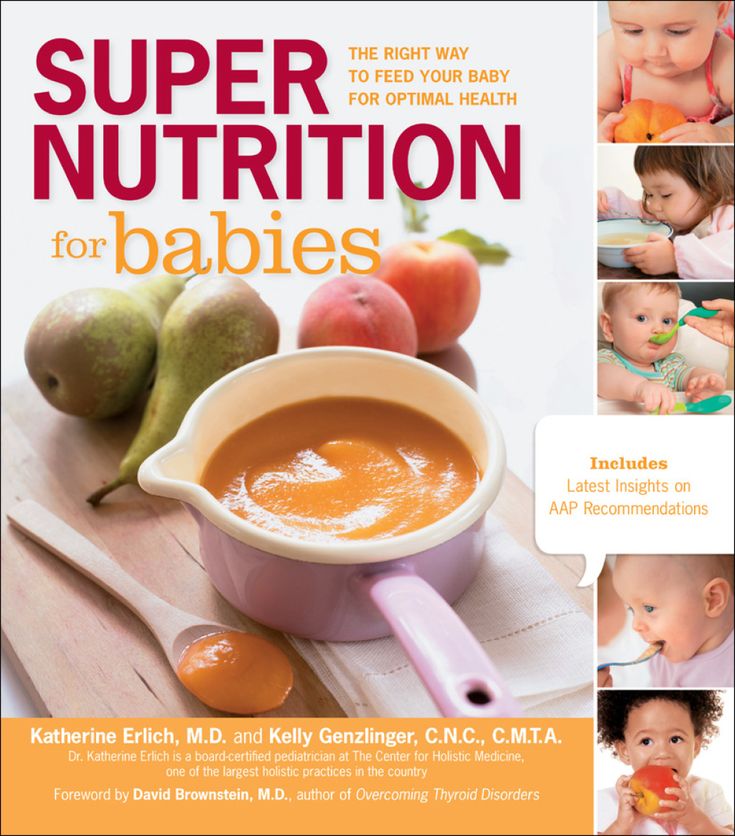
The next step is to study the information on the label, make sure the quality, evaluate the following indicators:
• Natural composition. Preservatives, salt, sugar and other ingredients must not be present in the composition (at least in products for children under 1 year old).
• Consistency (grinding quality). A good puree should be smooth and without lumps.
• Multi or single ingredient . The first puree should contain only one ingredient. The child should get used to a certain vegetable, after which it will be possible to introduce others, adding each one in turn, so that the baby gets used to everything individually.
• Hypoallergenic product. Formula must not contain ingredients that can cause an allergic reaction.
• Package intact . It is important to inspect the container in detail for dents, scratches or cracks (chips). Tightness must be observed.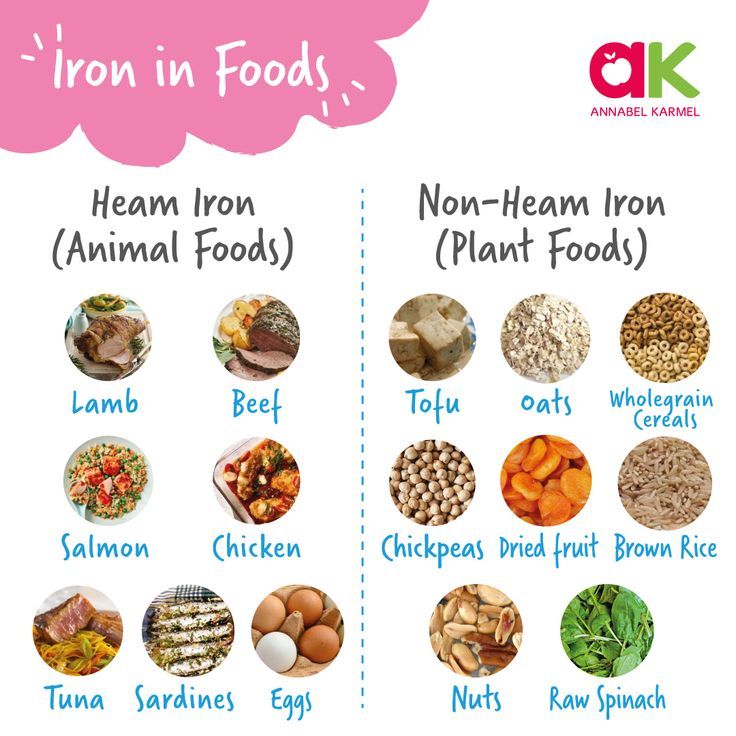 Don't forget to check the production date.
Don't forget to check the production date.
• Child age appropriate . The age for which this or that product is designed is usually indicated on the packaging in compliance with the recommendations of pediatricians.
When all these factors are taken into account, it can be said that the product is really suitable for the child and will not cause side effects (15).
Which of the Russian manufacturers should I pay attention to?
Baby food brand Agusha has been producing products for over 30 years. The assortment has everything you need for a complete diet for kids: dairy products, cereals, fruit, vegetable and meat purees, juices and compotes. The company produces safe, hypoallergenic, complete nutrition for children of all ages. High-quality substitutes for breast milk and subsequent complementary foods are also produced. It is also recommended to pay attention to the manufacturers "FrutoNyanya" and "Theme".
What composition should healthy baby food have?
When choosing puree in jars, pay attention to the composition.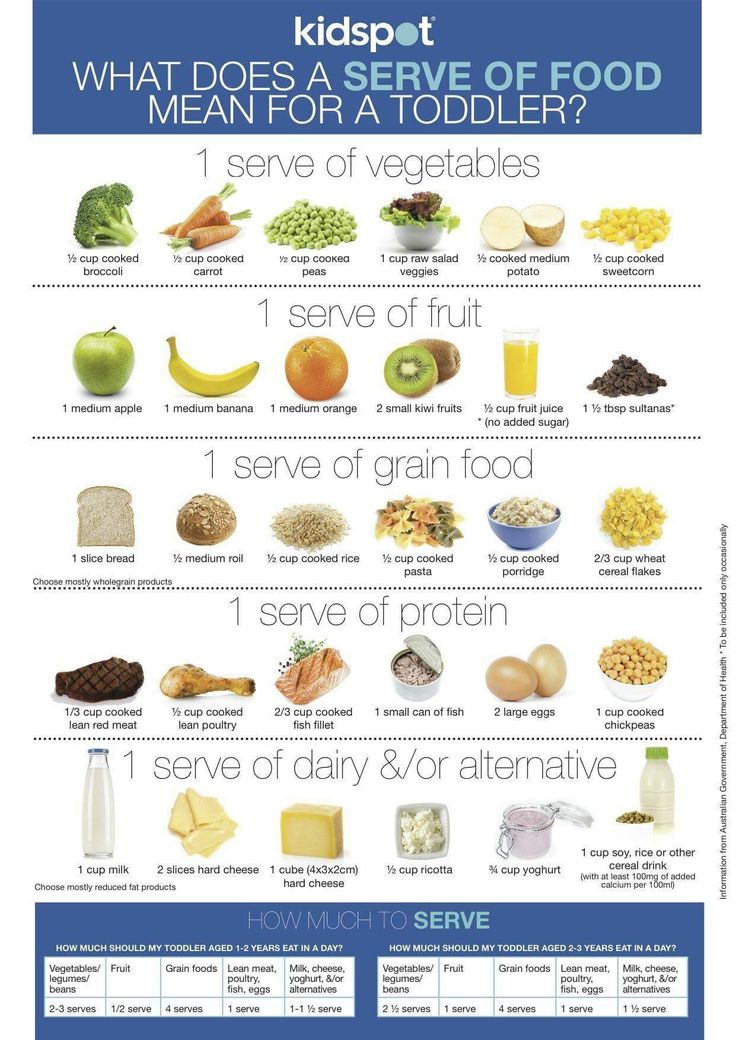 The ingredients should be natural, a good option (especially for younger kids) if the puree is a one-component puree - a fruit or vegetable plus water. Please note that the product does not contain salt, flour, starch, dyes and preservatives, and is not too diluted with water. The vegetable itself may contain starch, but its additional additives are very undesirable.
The ingredients should be natural, a good option (especially for younger kids) if the puree is a one-component puree - a fruit or vegetable plus water. Please note that the product does not contain salt, flour, starch, dyes and preservatives, and is not too diluted with water. The vegetable itself may contain starch, but its additional additives are very undesirable.
Sources
- Once again about baby food. Ladodo K. S. 2003.
- Roskachestvo rating. Children's cottage cheese "Agusha". URL: https://rskrf.ru/goods/tvorog-detskiy-fruktovyy-agusha-multifruktovyy-s-massovoy-doley-zhira-3-9/
- Roskachestvo rating. Children's kefir "Agusha". URL: https://rskrf.ru/goods/kefir-agusha-s-massovoy-doley-zhira-3-2-dlya-pitaniya-detey-starshe-8-mesyatsev/
- Roskachestvo rating. Biocurd "FrutoNyanya". URL: https://rskrf.ru/goods/biotvorog-frutonyanya-yabloko-obogashchennyy-vitaminom-d3-s-massovoy-doley-zhira-4-2-dlya-pitaniya-d/
- Roskachestvo rating.
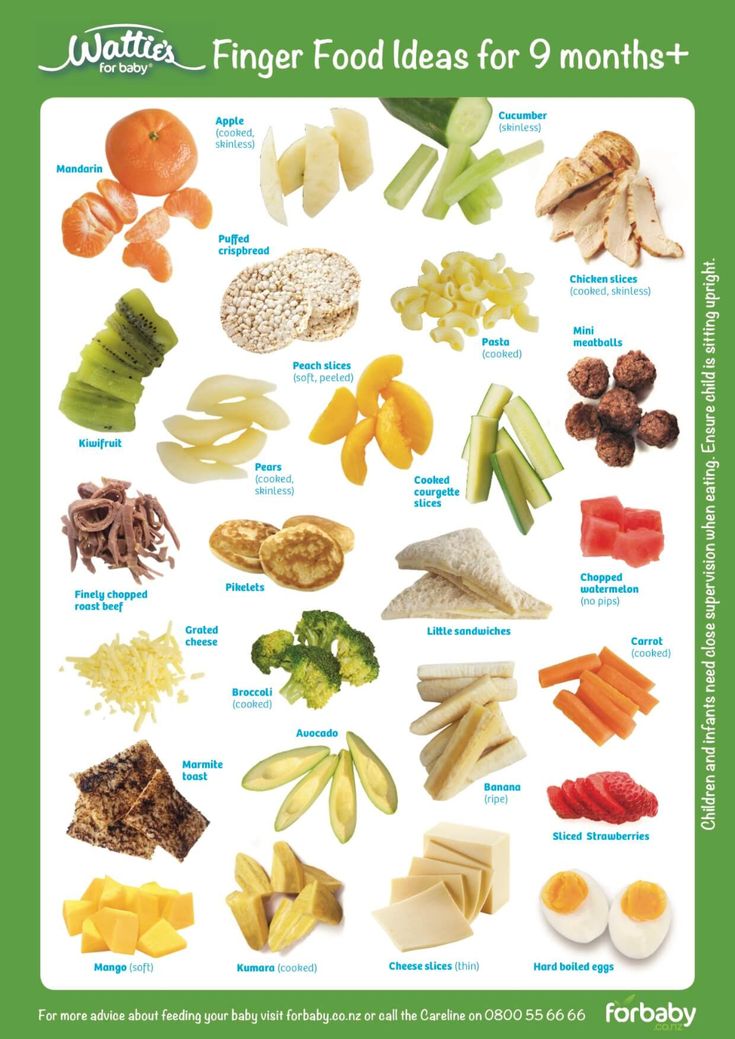 Buckwheat porridge "FrutoNyanya". URL: https://rskrf.ru/goods/frutonyanya-pervyy-vybor-grechnevaya-kasha/
Buckwheat porridge "FrutoNyanya". URL: https://rskrf.ru/goods/frutonyanya-pervyy-vybor-grechnevaya-kasha/ - Roskachestvo rating. Apple puree "Babushkino Lukoshko" URL: https://rskrf.ru/goods/pyure-fruktovoe-gomogenizirovannoe-sterilizovannoe-dlya-pitaniya-detey-rannego-vozrasta-s-4-mesyatse/
- Roskachestvo rating. Biocurd "Theme". URL: https://rskrf.ru/goods/biotvorog-tyema-obogashchennyy-bifidobakteriyami-s-grushey-dlya-detskogo-pitaniya-massovaya-dolya-zh/
- Roskachestvo rating. Apple juice "Theme". URL: https://rskrf.ru/goods/sok-yablochnyy-vostanovlennyy-osvetlennyy-dlya-detskogo-pitaniya/
- Roskachestvo rating. Buckwheat porridge Gerber. URL: https://rskrf.ru/goods/bezmolochnaya-kasha-gerber-grechnevaya/
- Roskachestvo rating. Porridge "Three cereals" Fleur Alpine. URL: https://rskrf.ru/goods/kasha-fleur-alpine-tri-zlaka-/
- Roskachestvo rating. Buckwheat porridge Fleur Alpine. URL: https://rskrf.ru/goods/kasha-grechnevaya-gipoallergennaya-fleur-alpine/
- Roskachestvo rating.
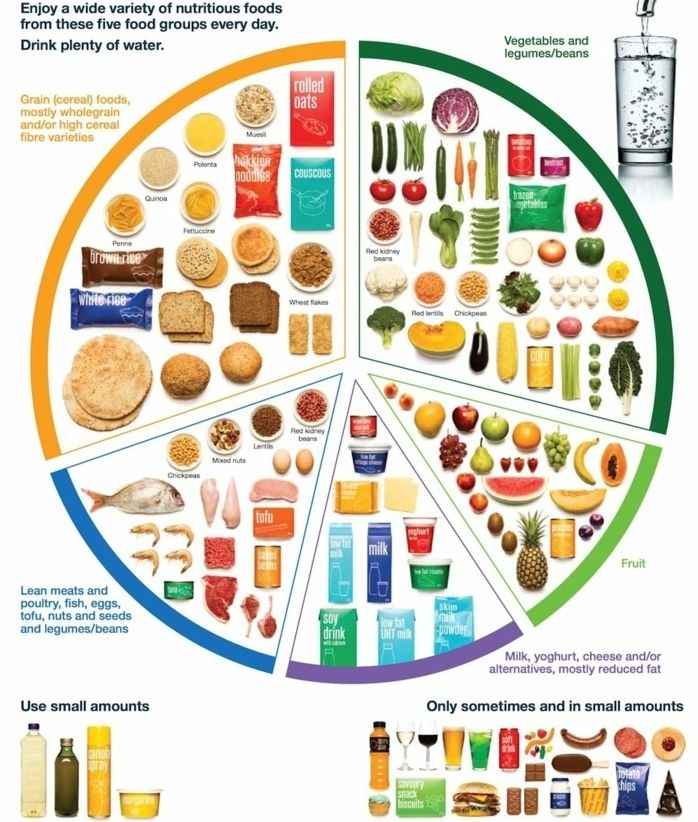

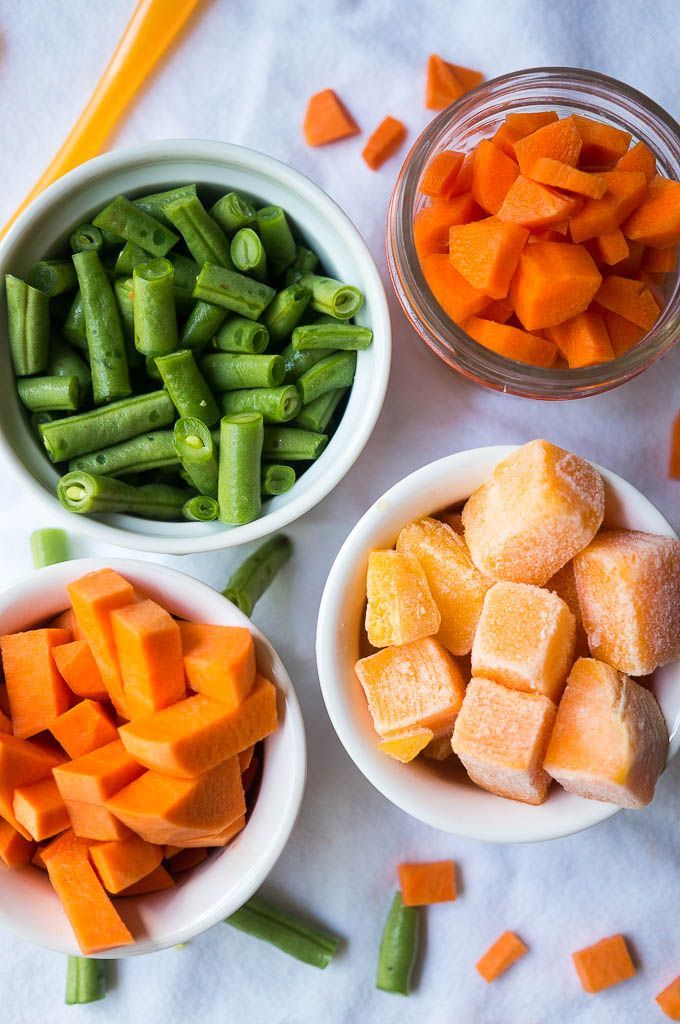 The composition contains salt and sugar, which are not recommended for children under one year old.
The composition contains salt and sugar, which are not recommended for children under one year old. 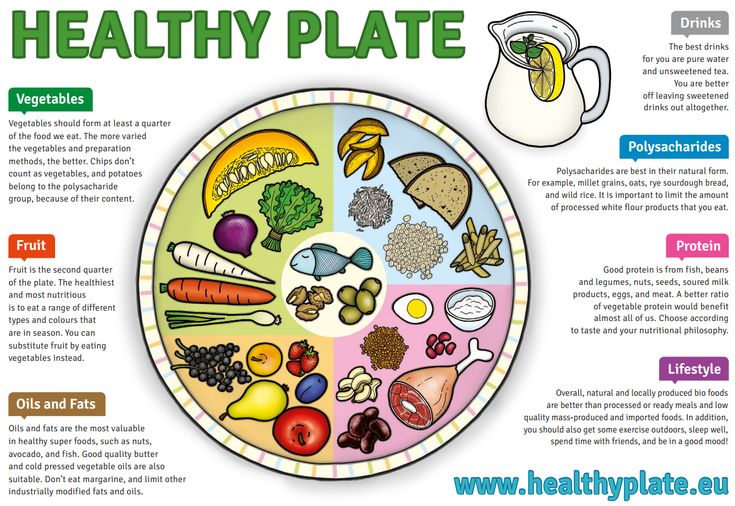 Also, "Babushkino Lukoshko" produces children's herbal teas. Salt in some products is not always welcomed by parents.
Also, "Babushkino Lukoshko" produces children's herbal teas. Salt in some products is not always welcomed by parents. 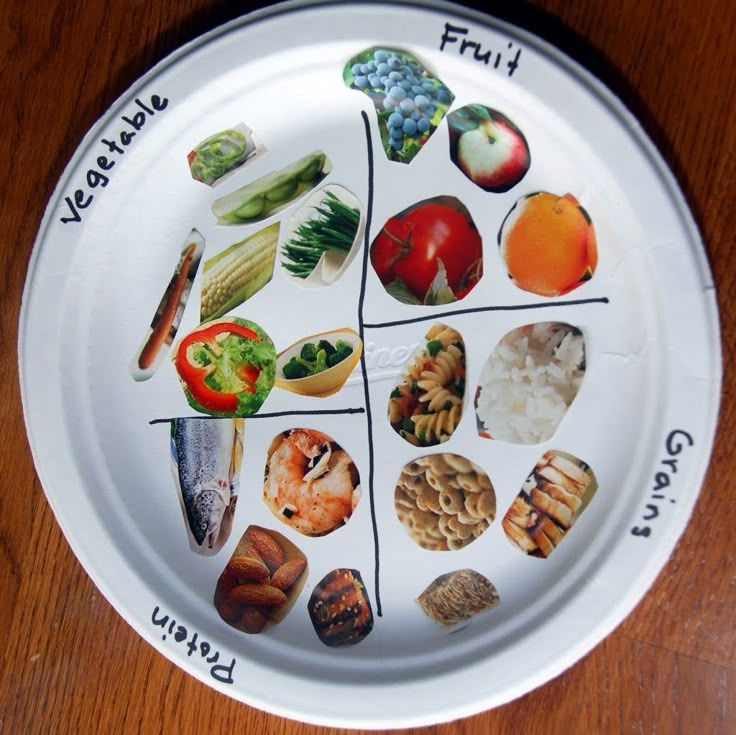 Also, many products of the brand are available in non-spill packages, so it is convenient to take them with you on the road. According to the results of the research, cottage cheese and juice "Theme" received the highest rating from Roskachestvo (7, 8).
Also, many products of the brand are available in non-spill packages, so it is convenient to take them with you on the road. According to the results of the research, cottage cheese and juice "Theme" received the highest rating from Roskachestvo (7, 8). 